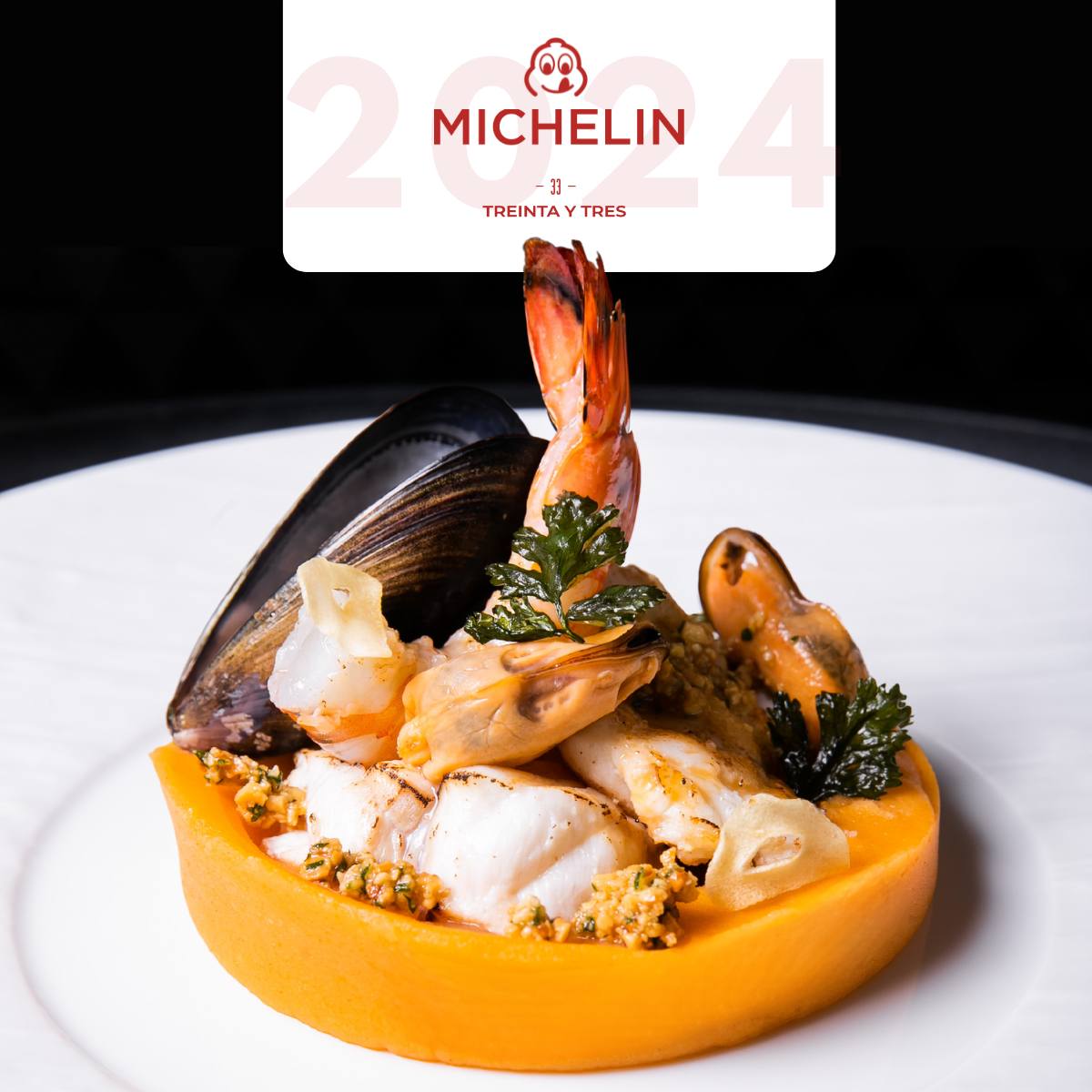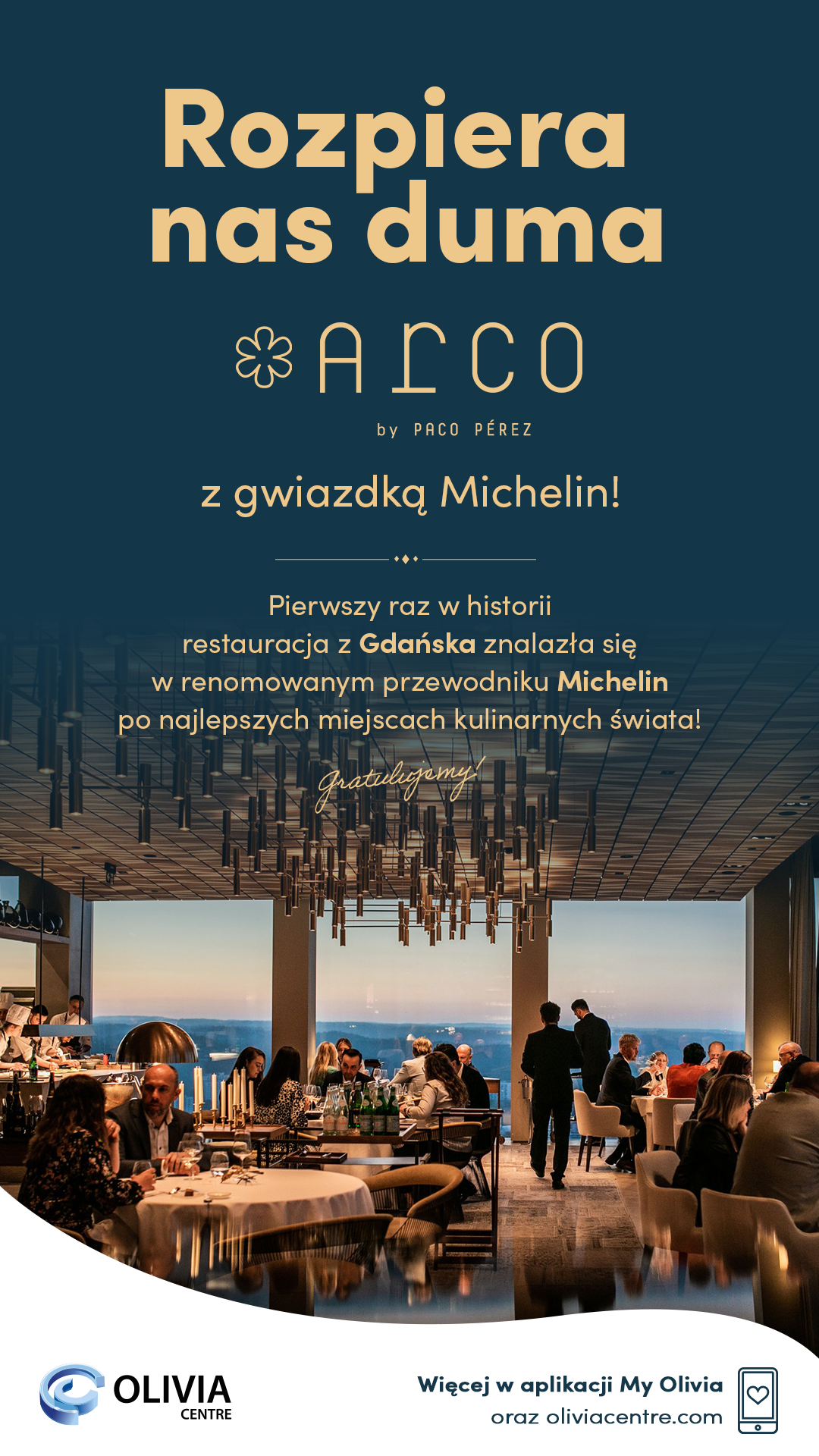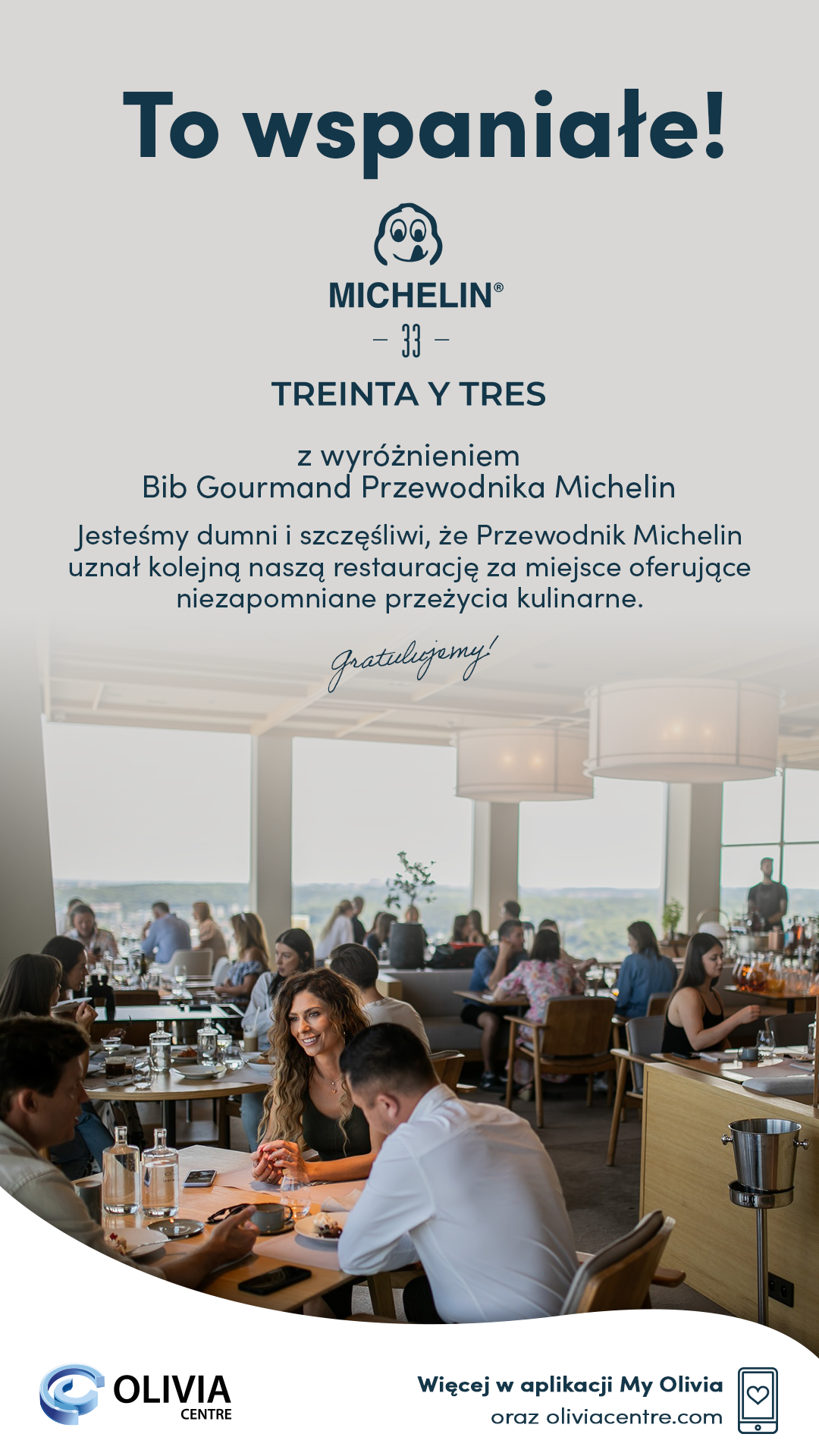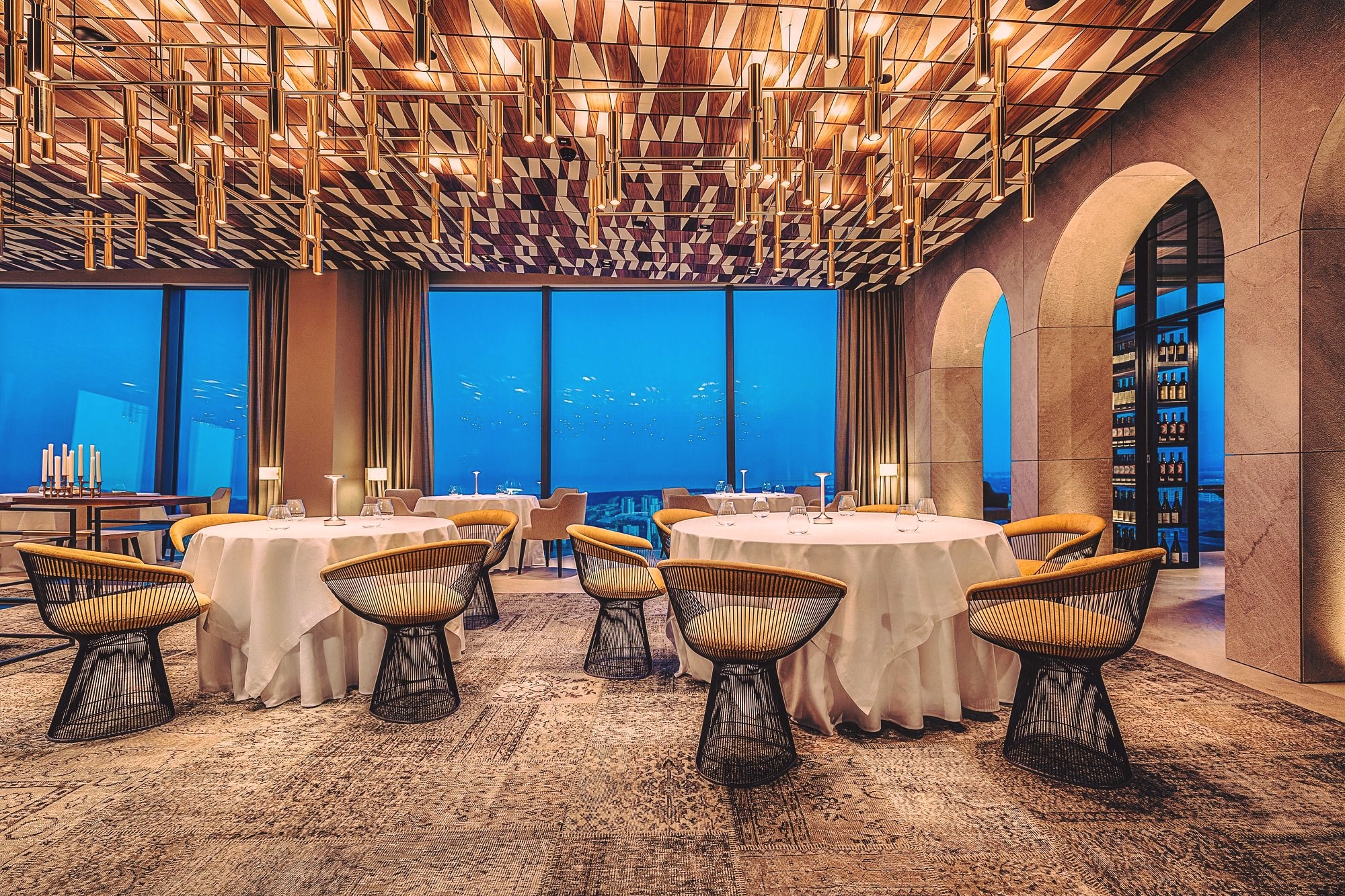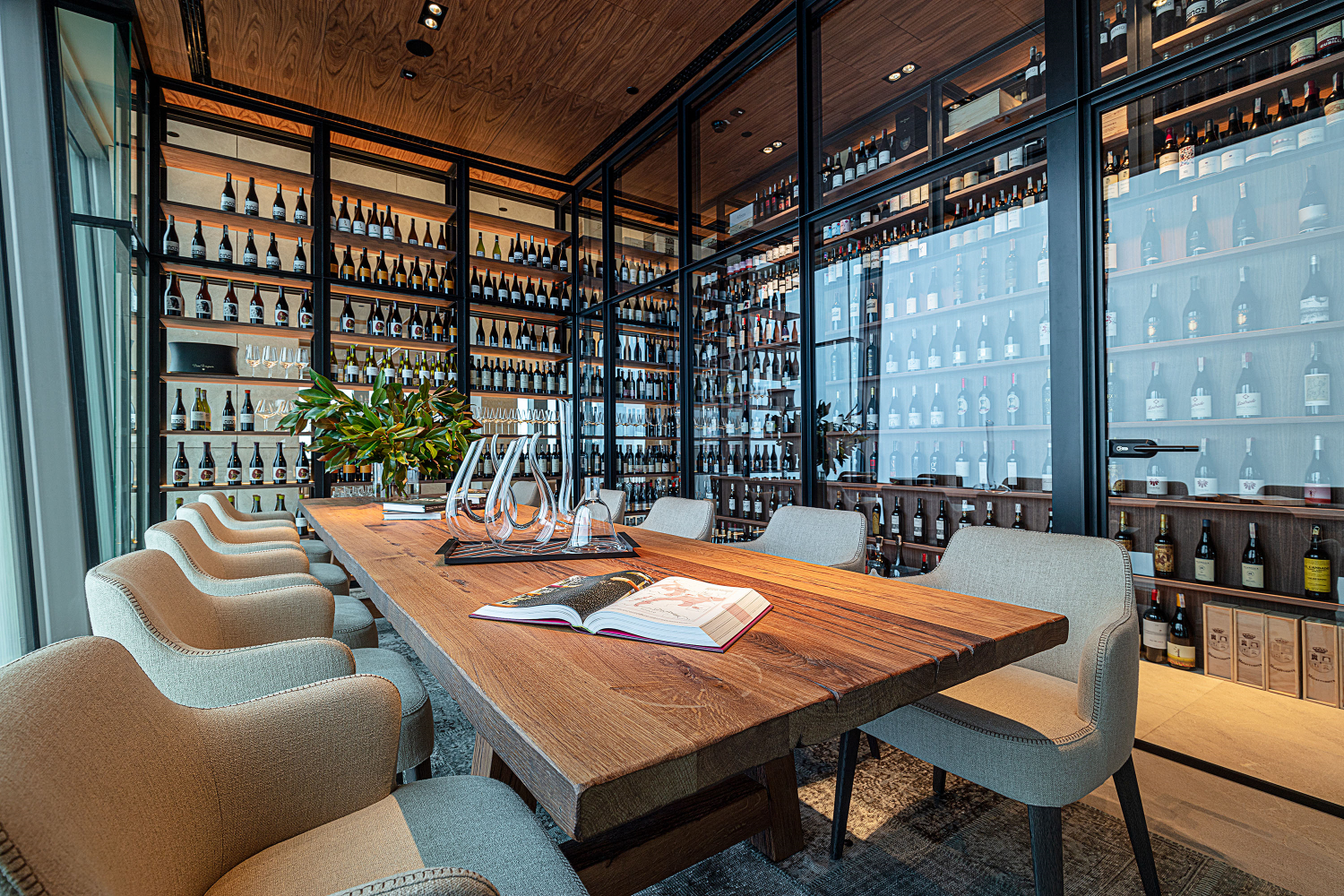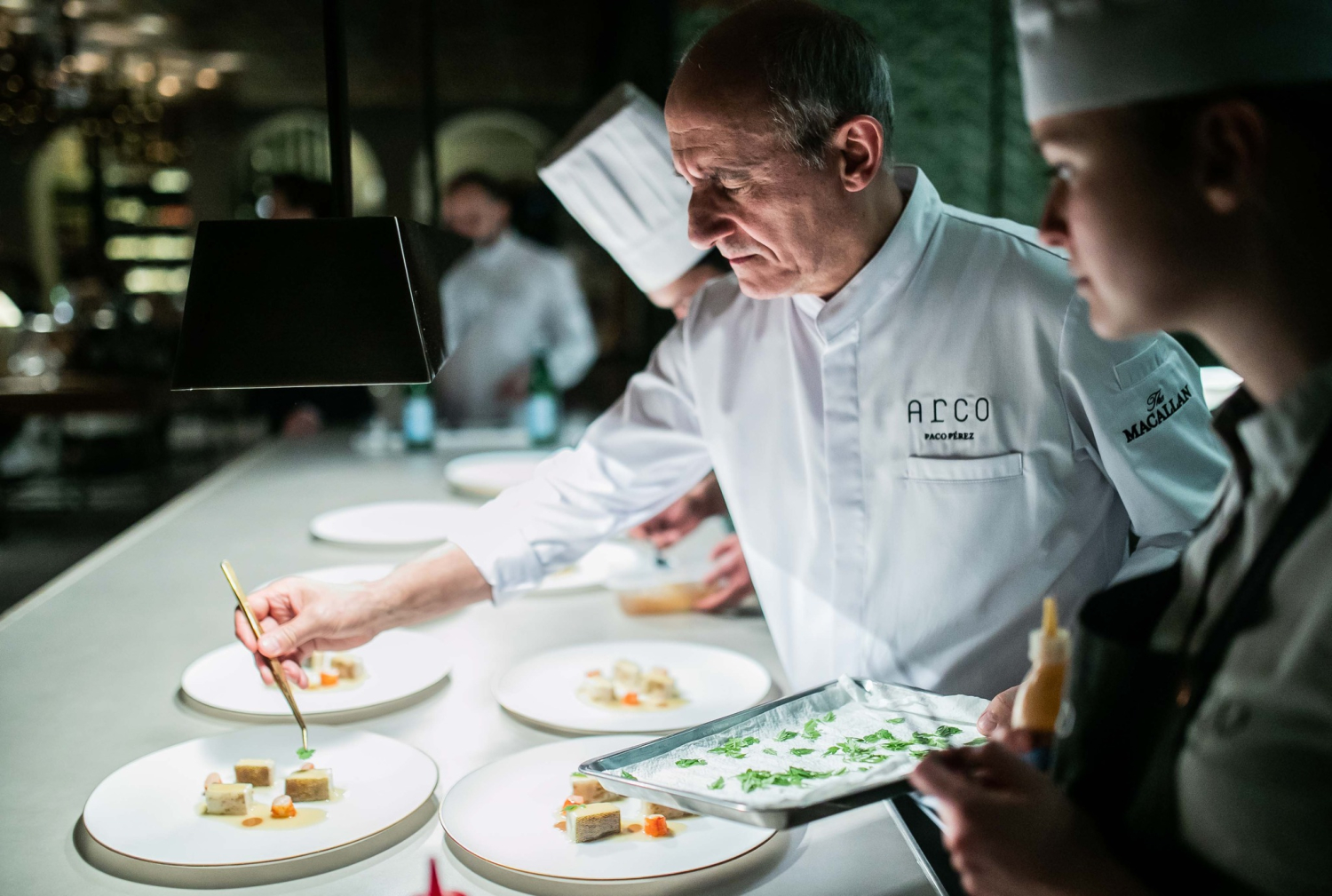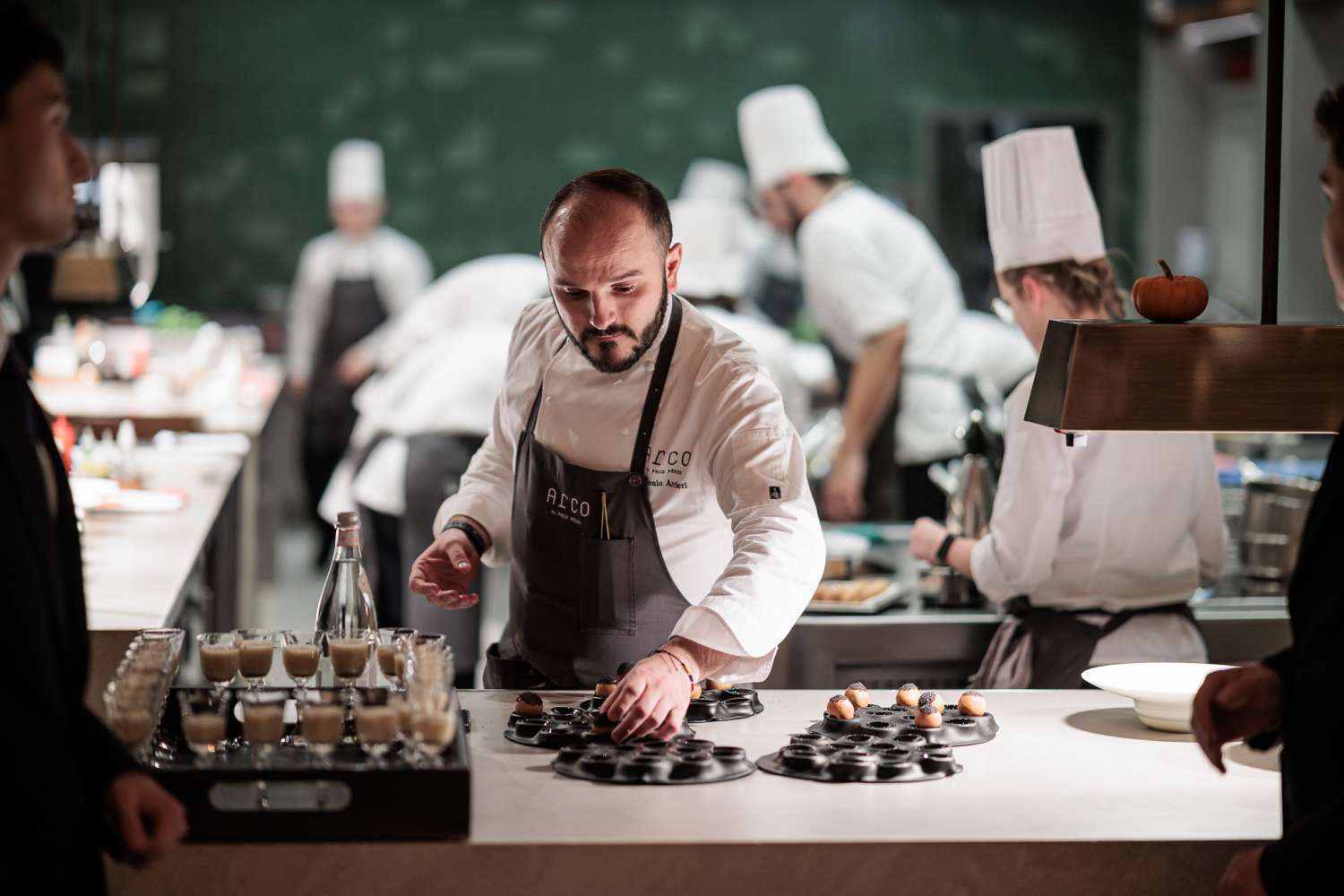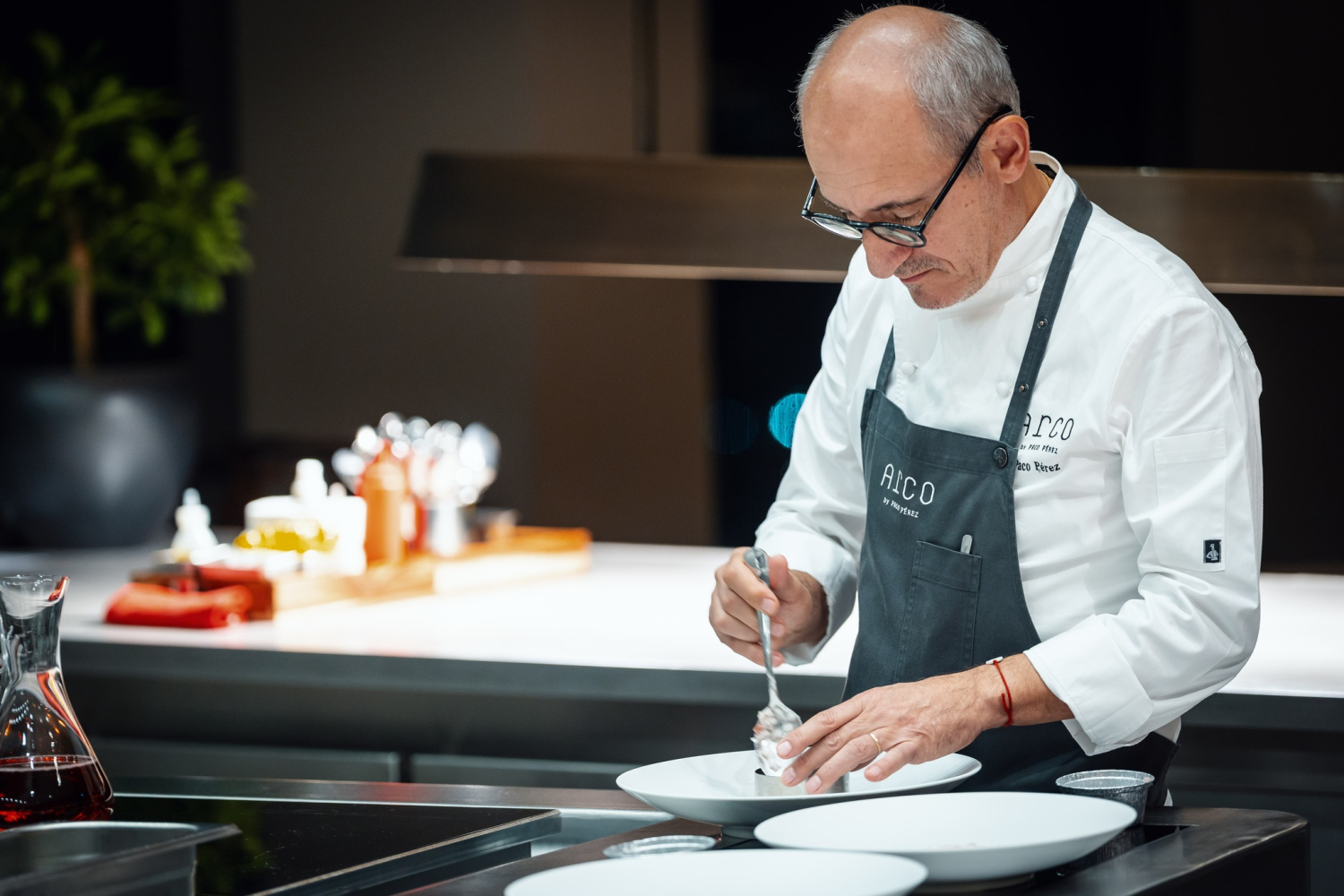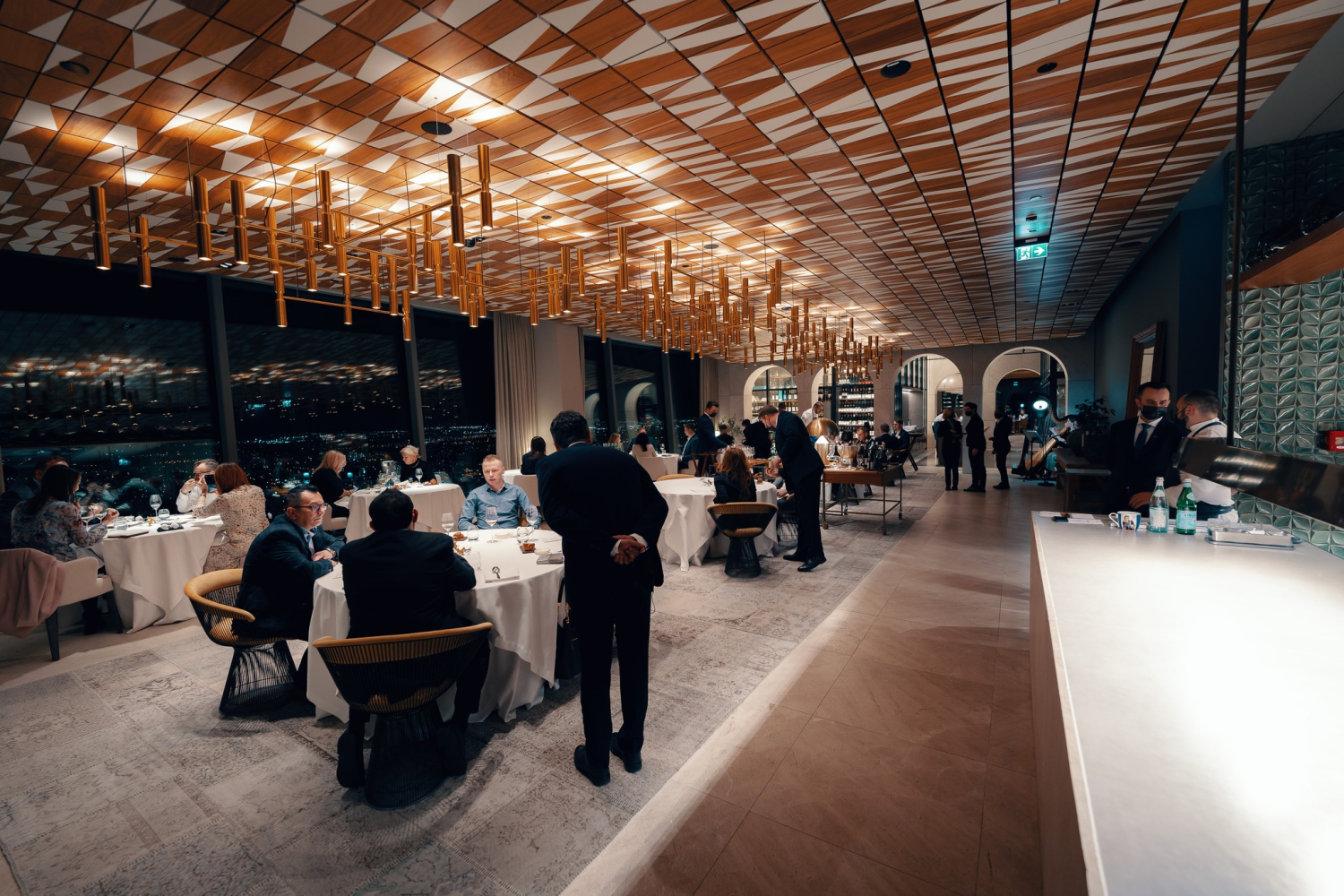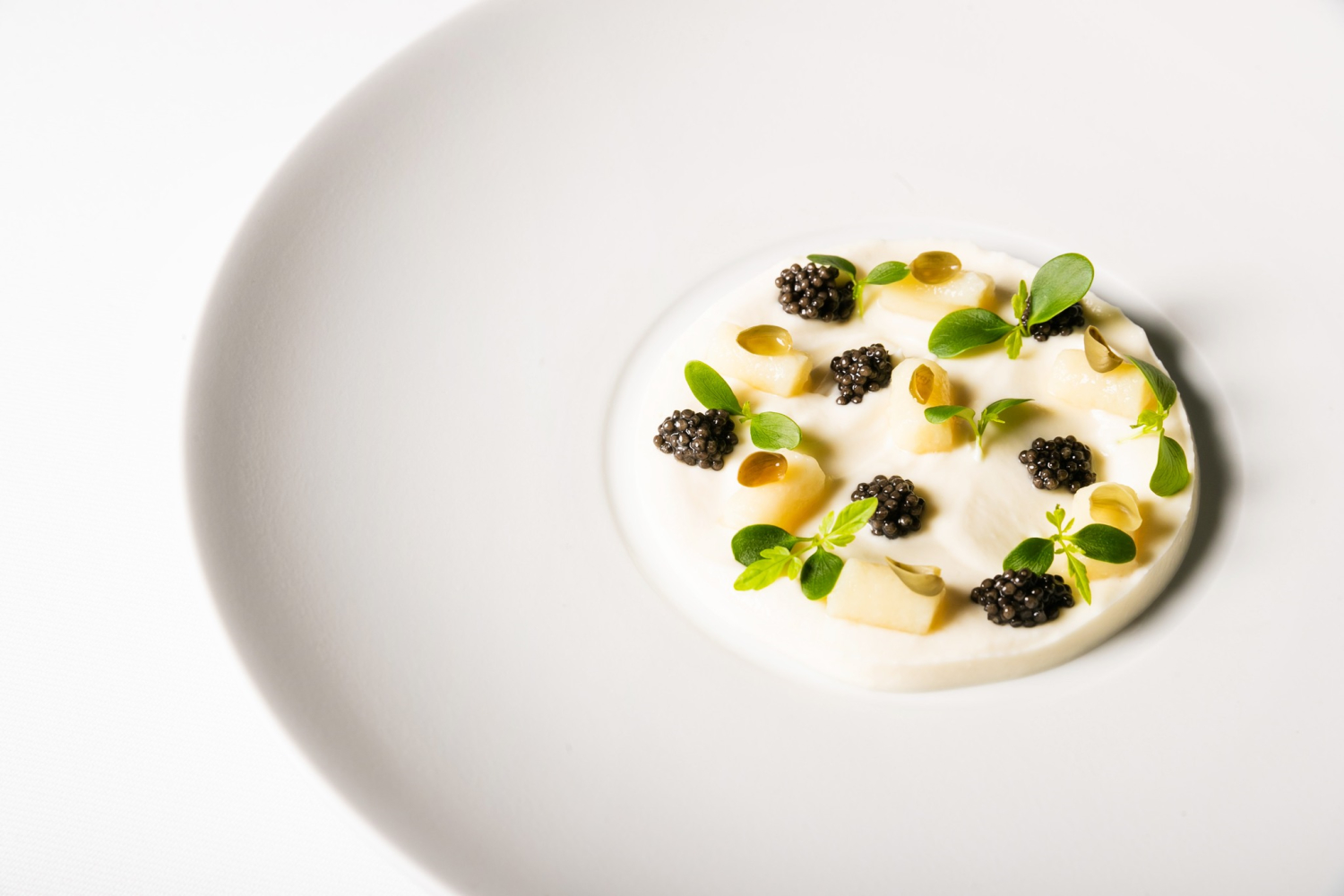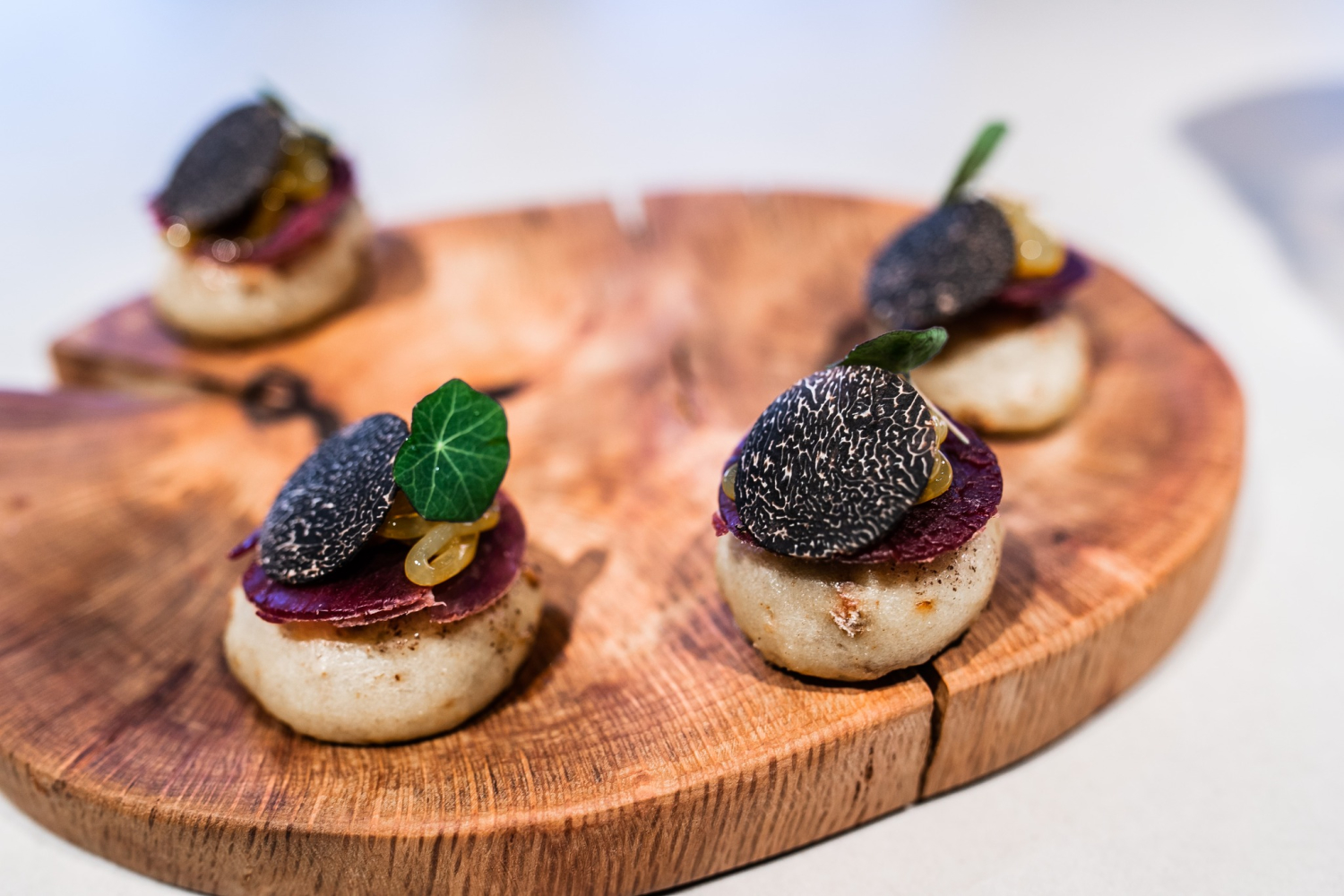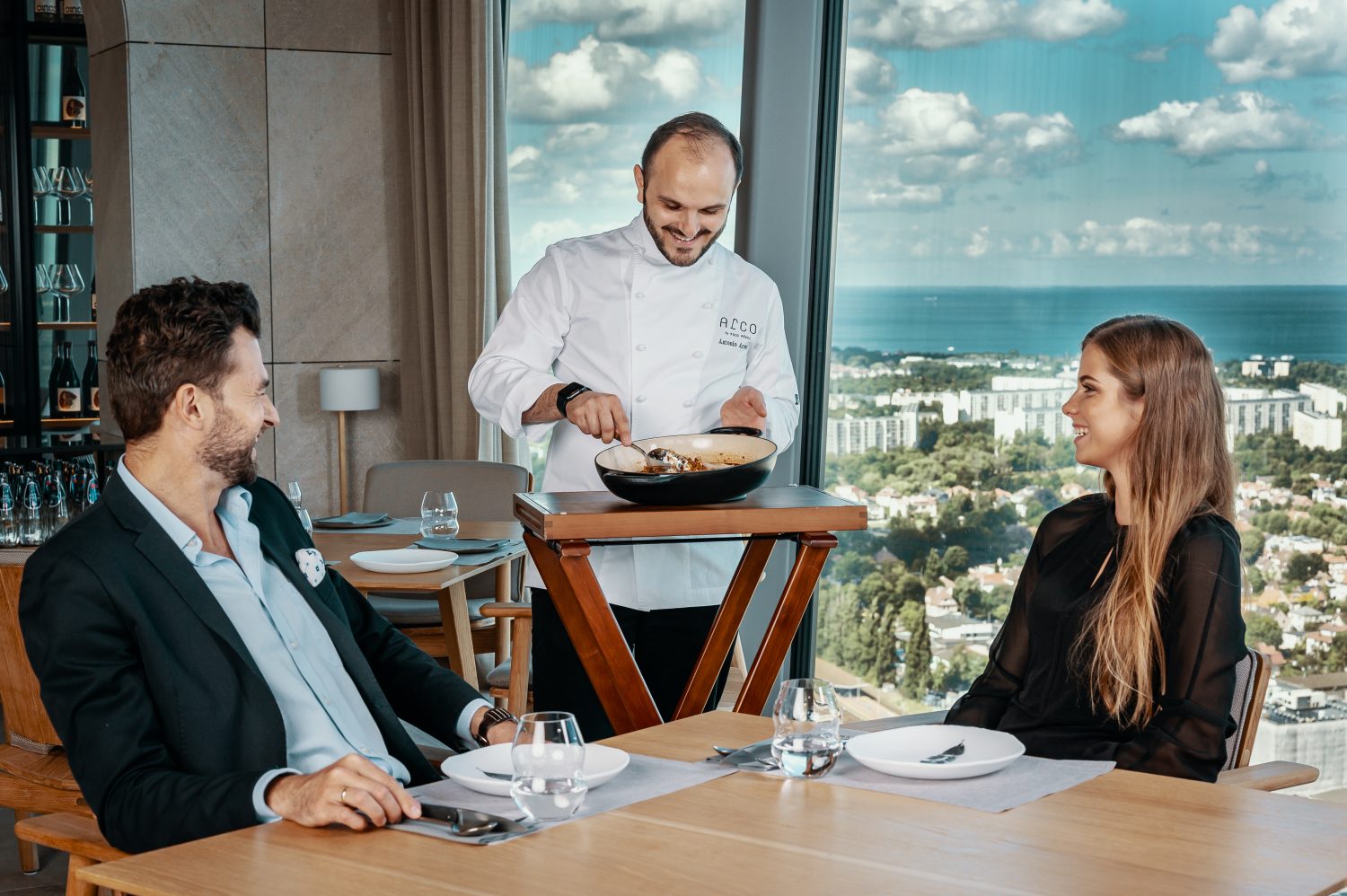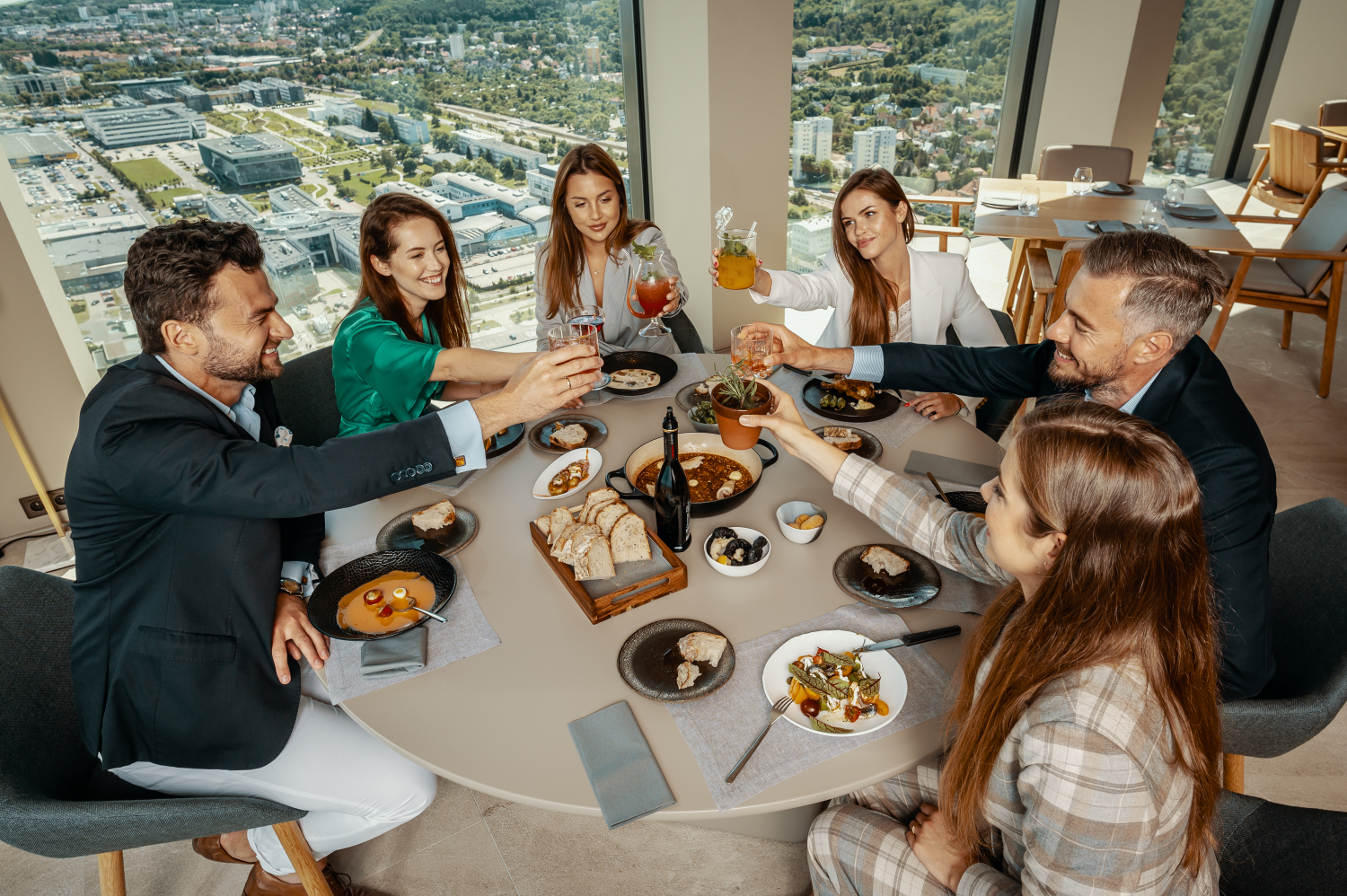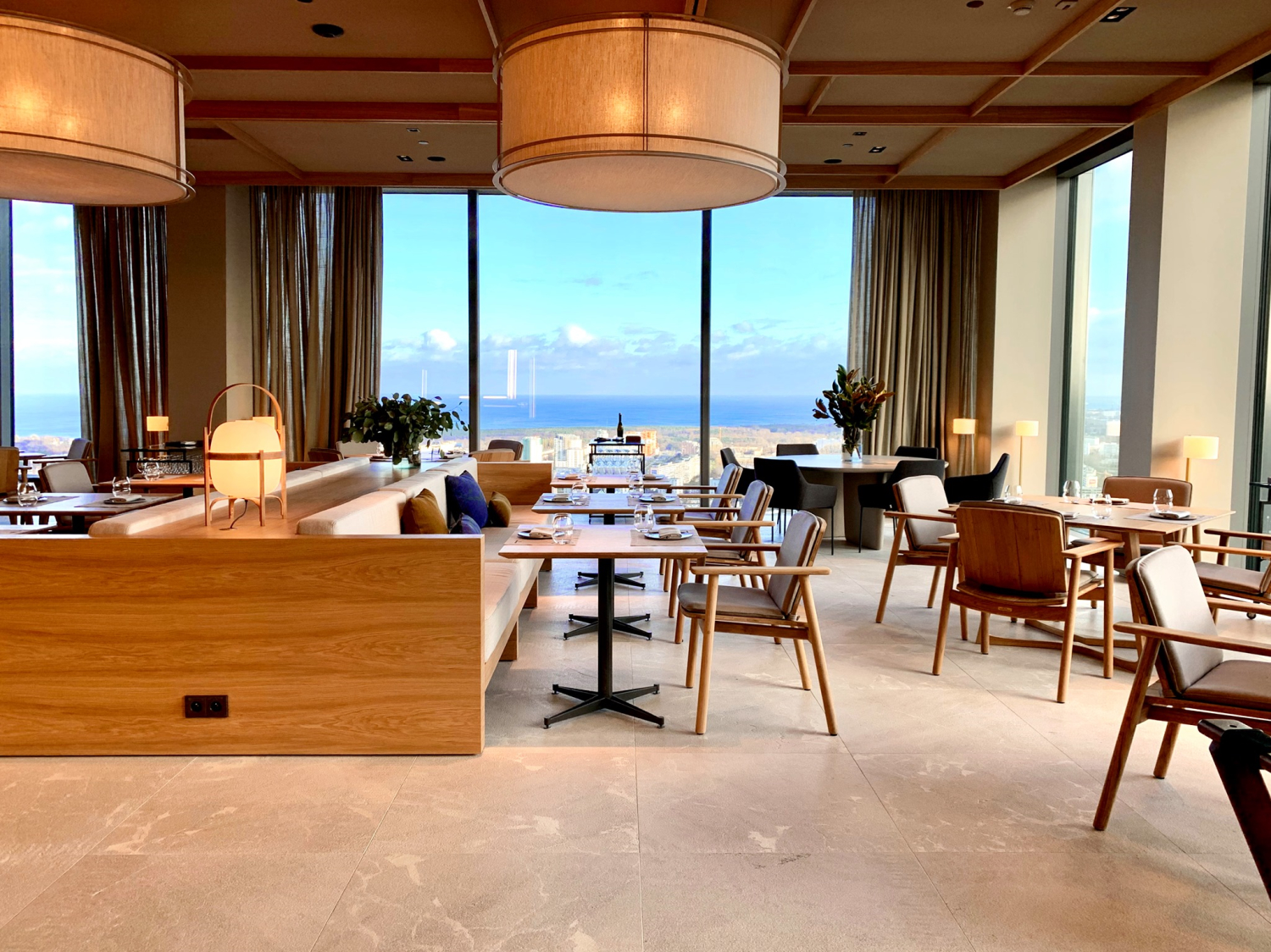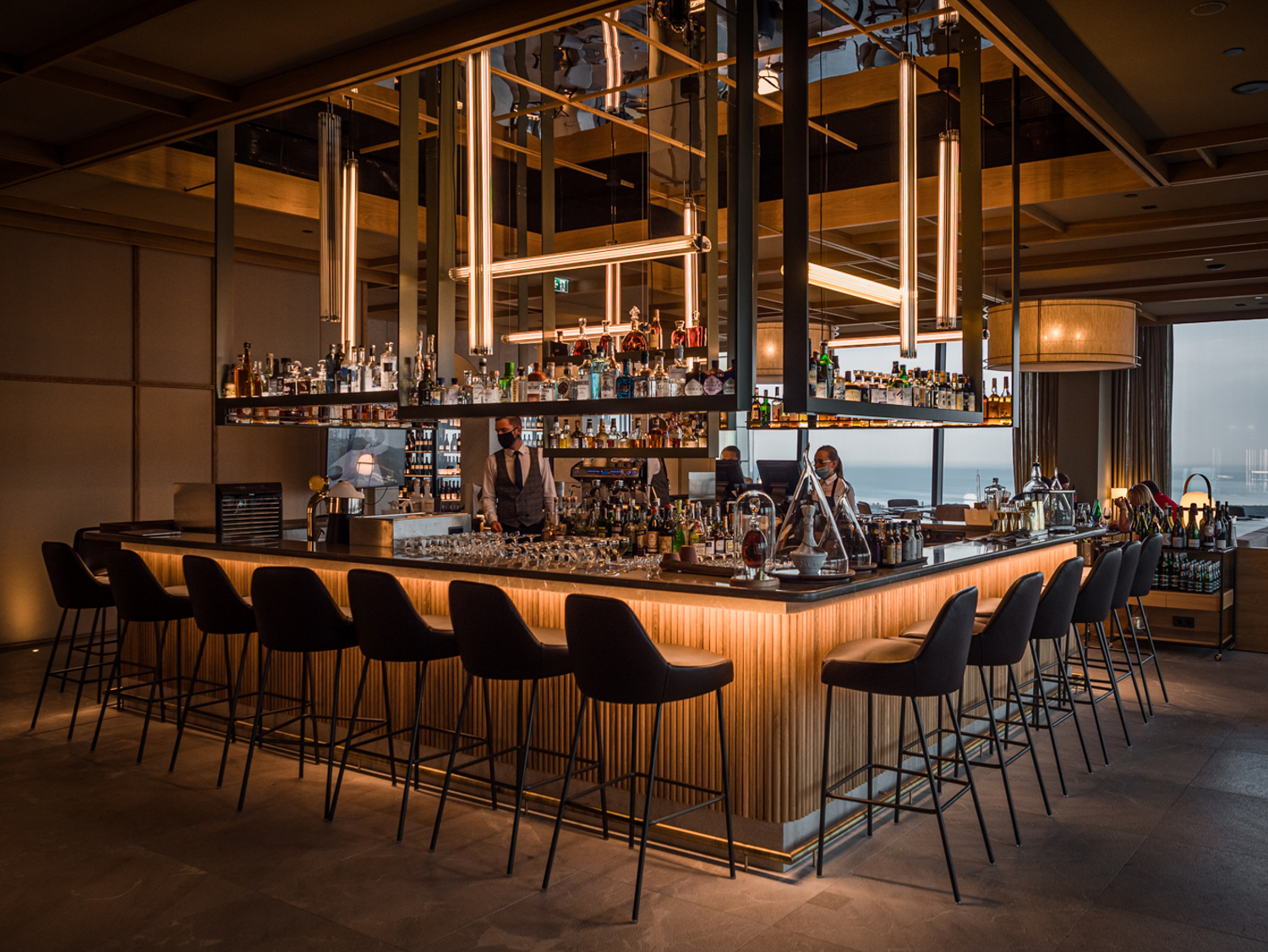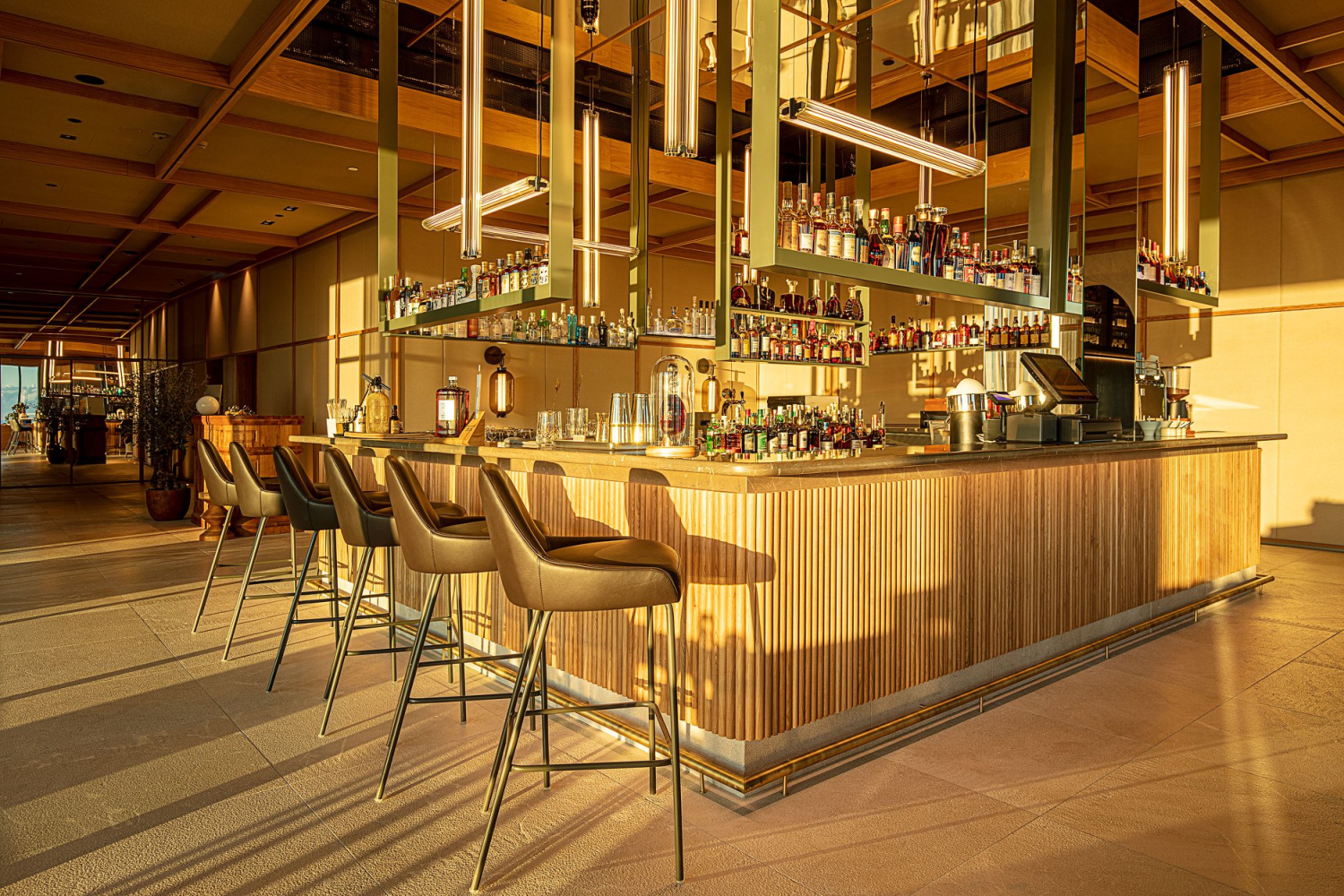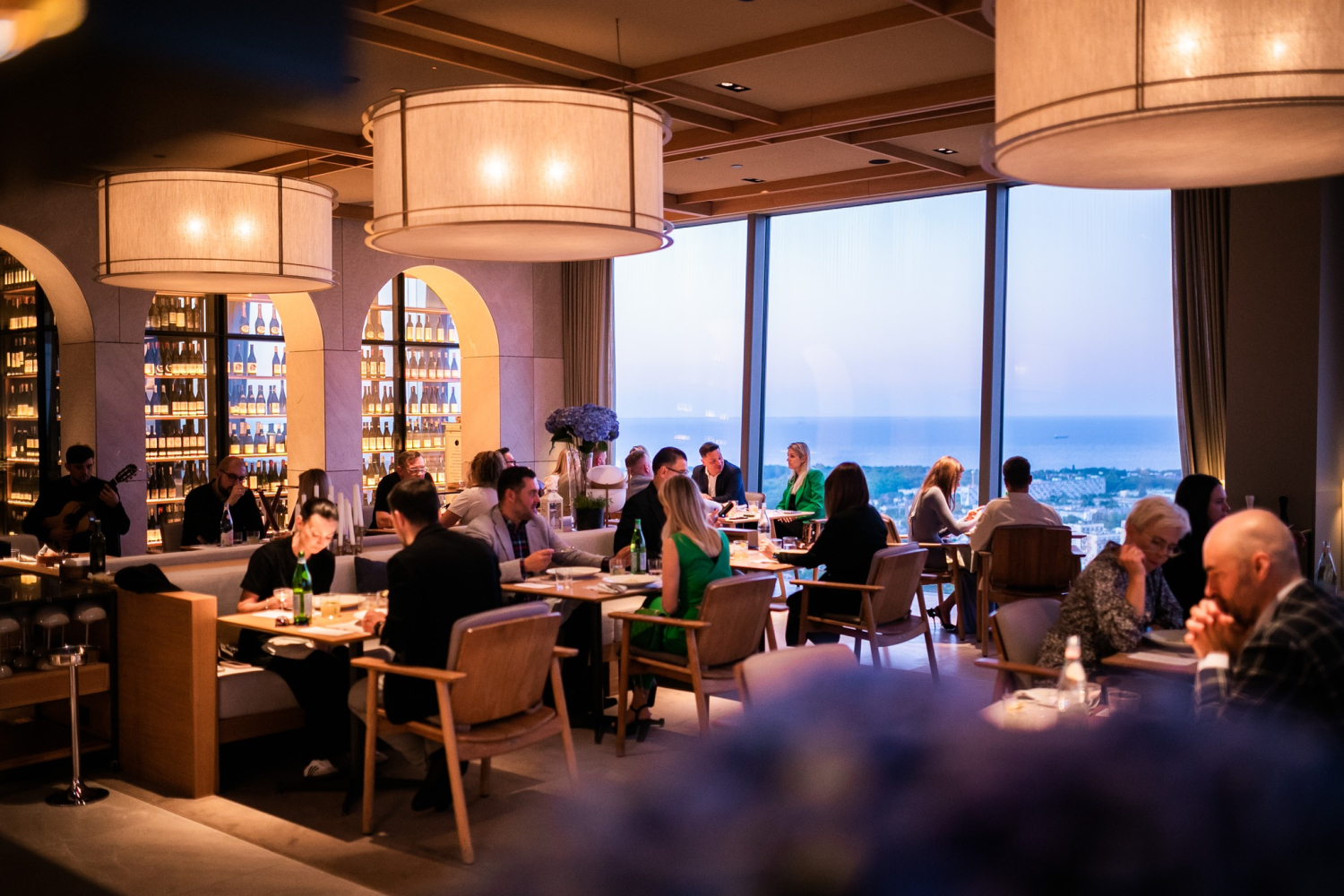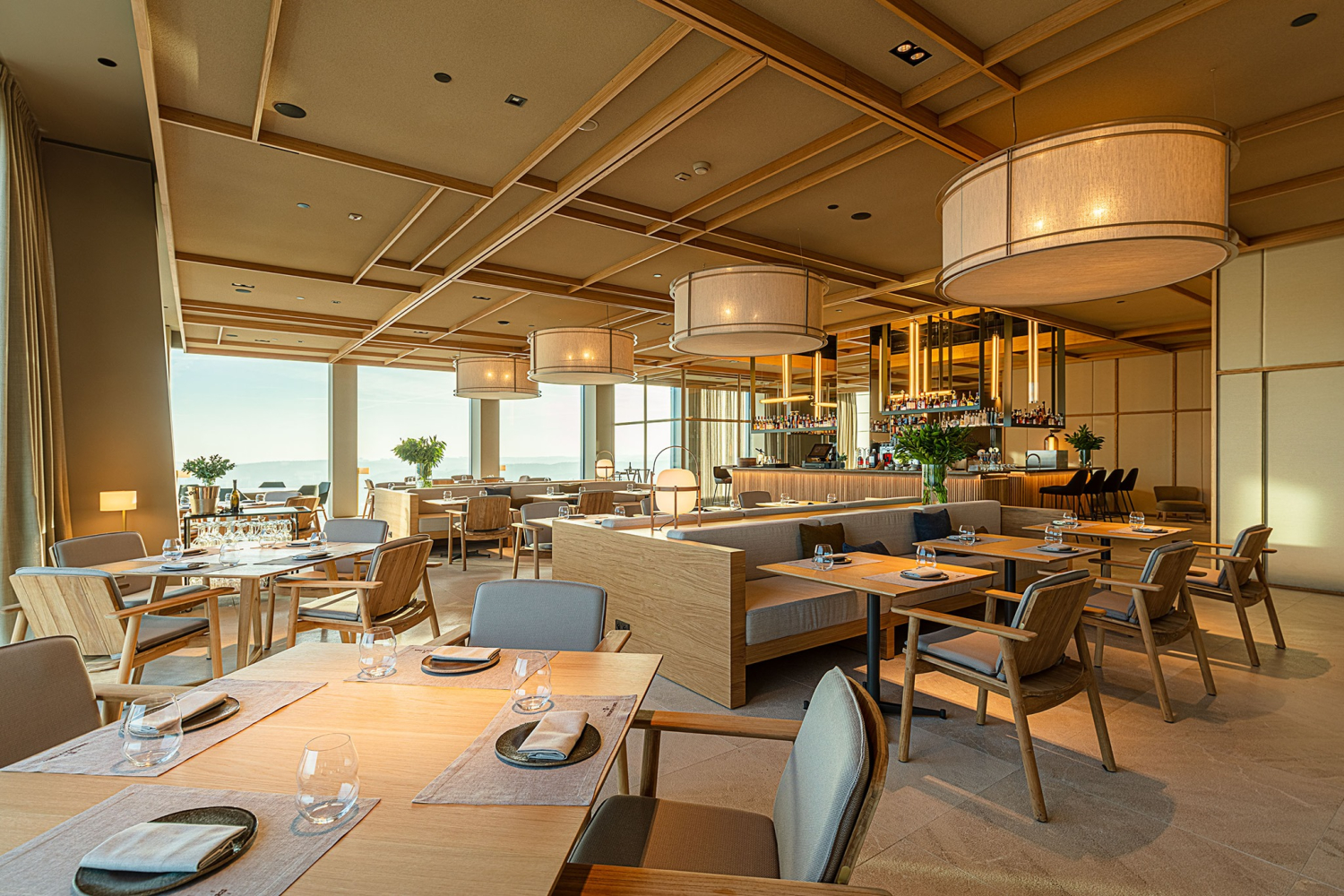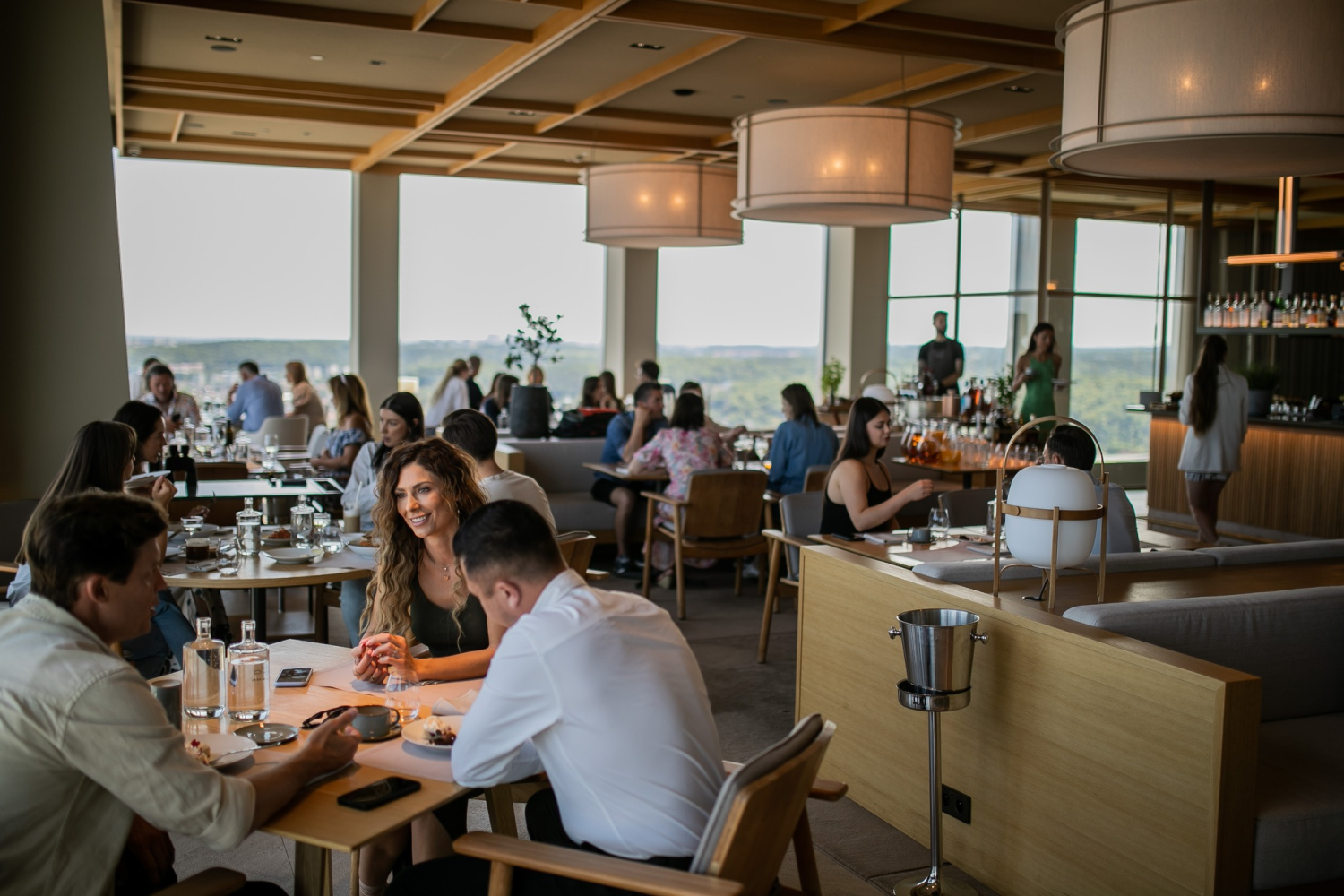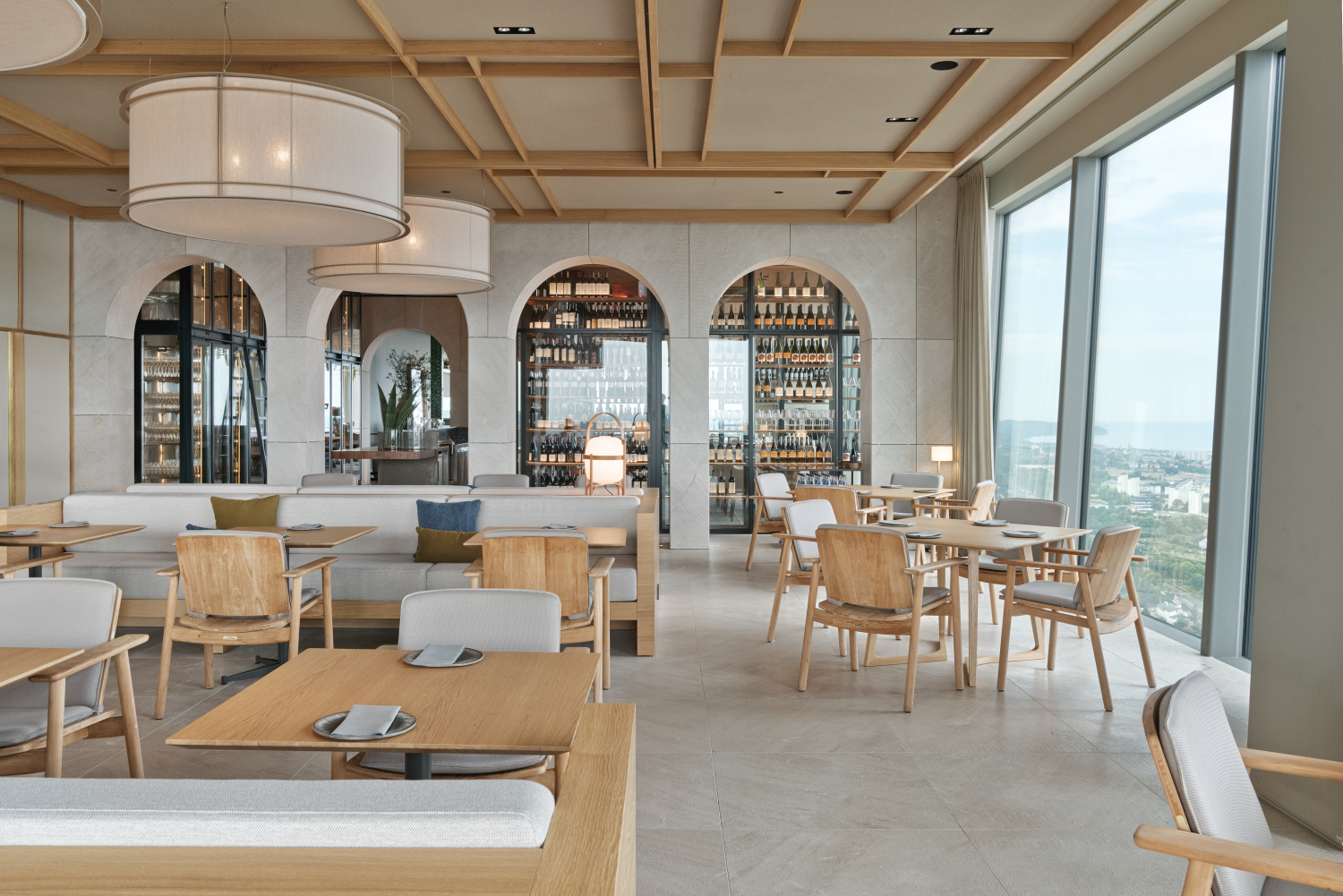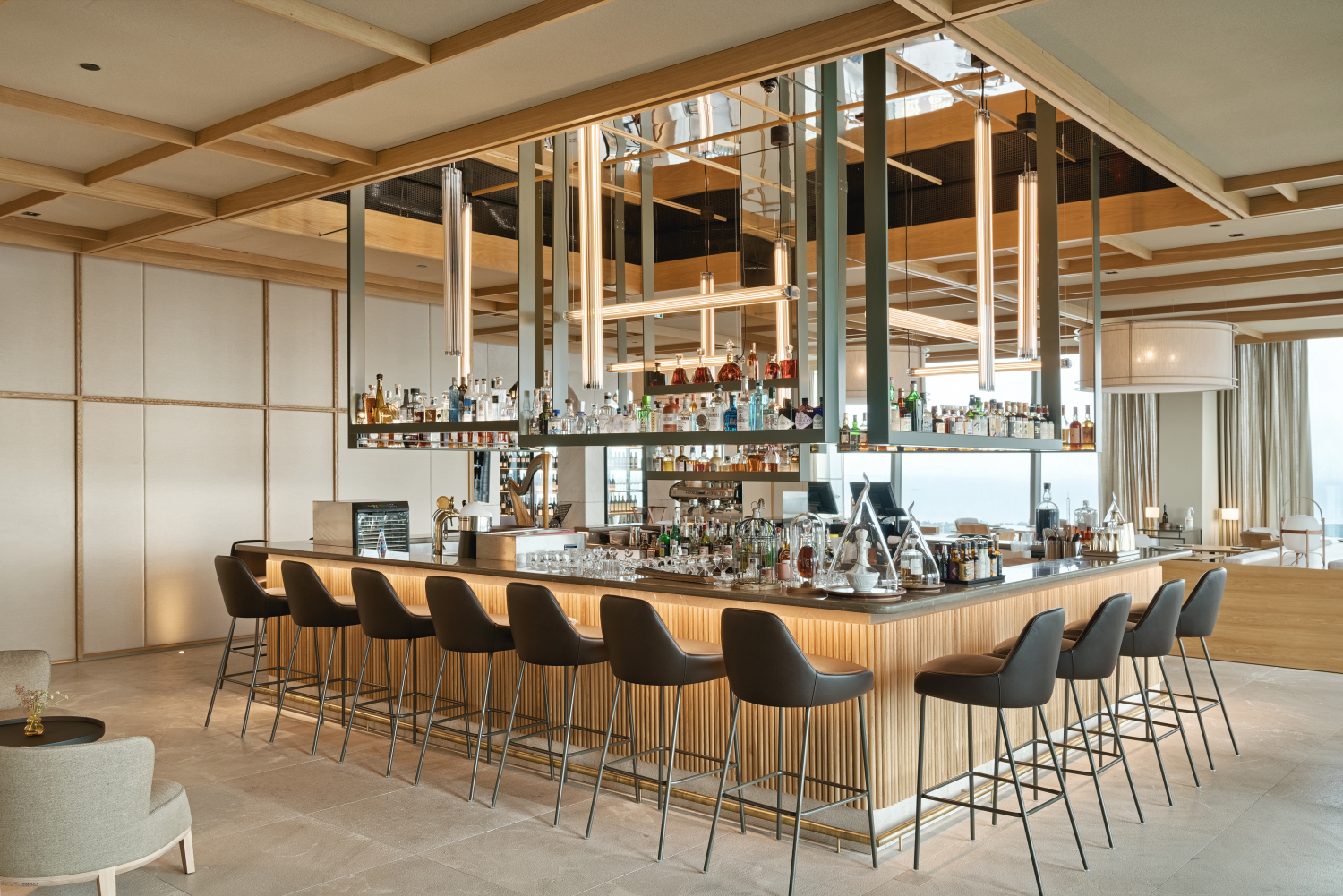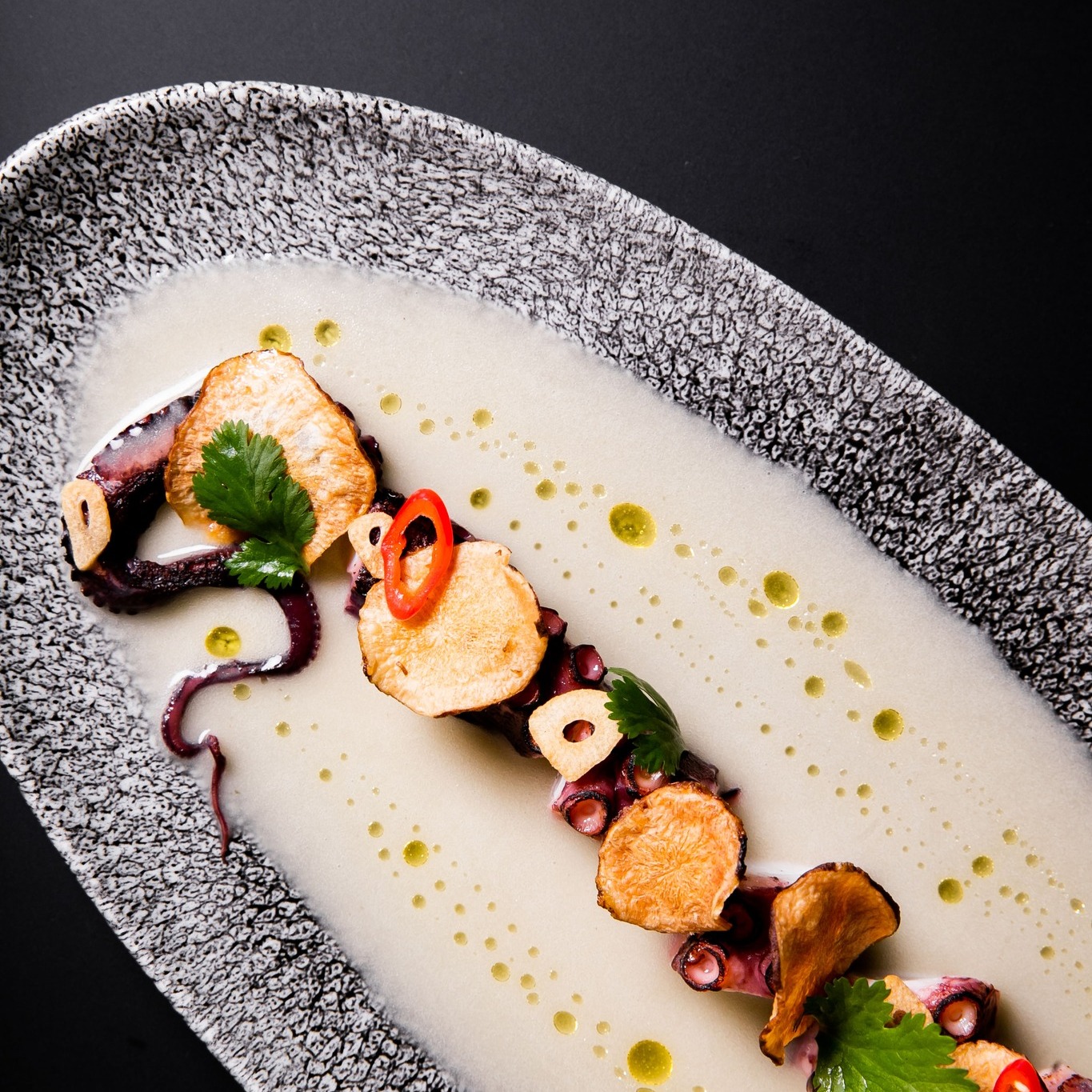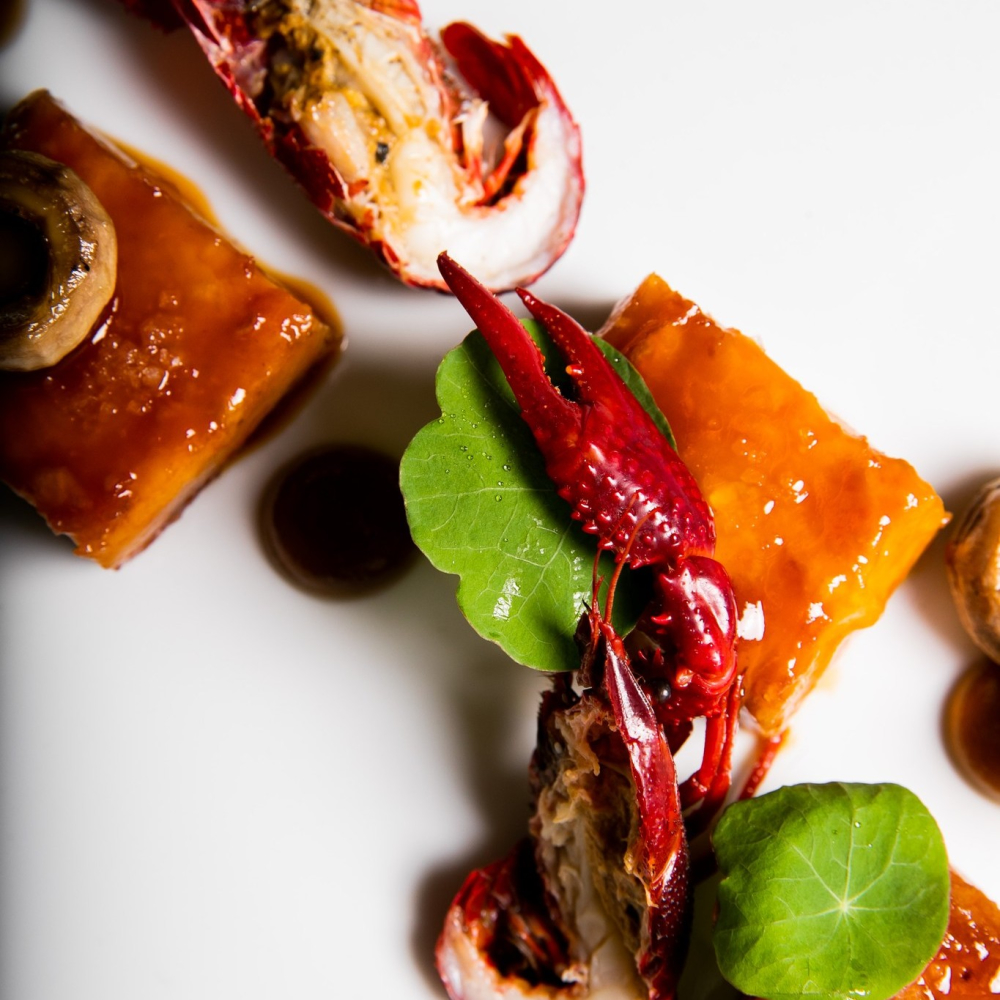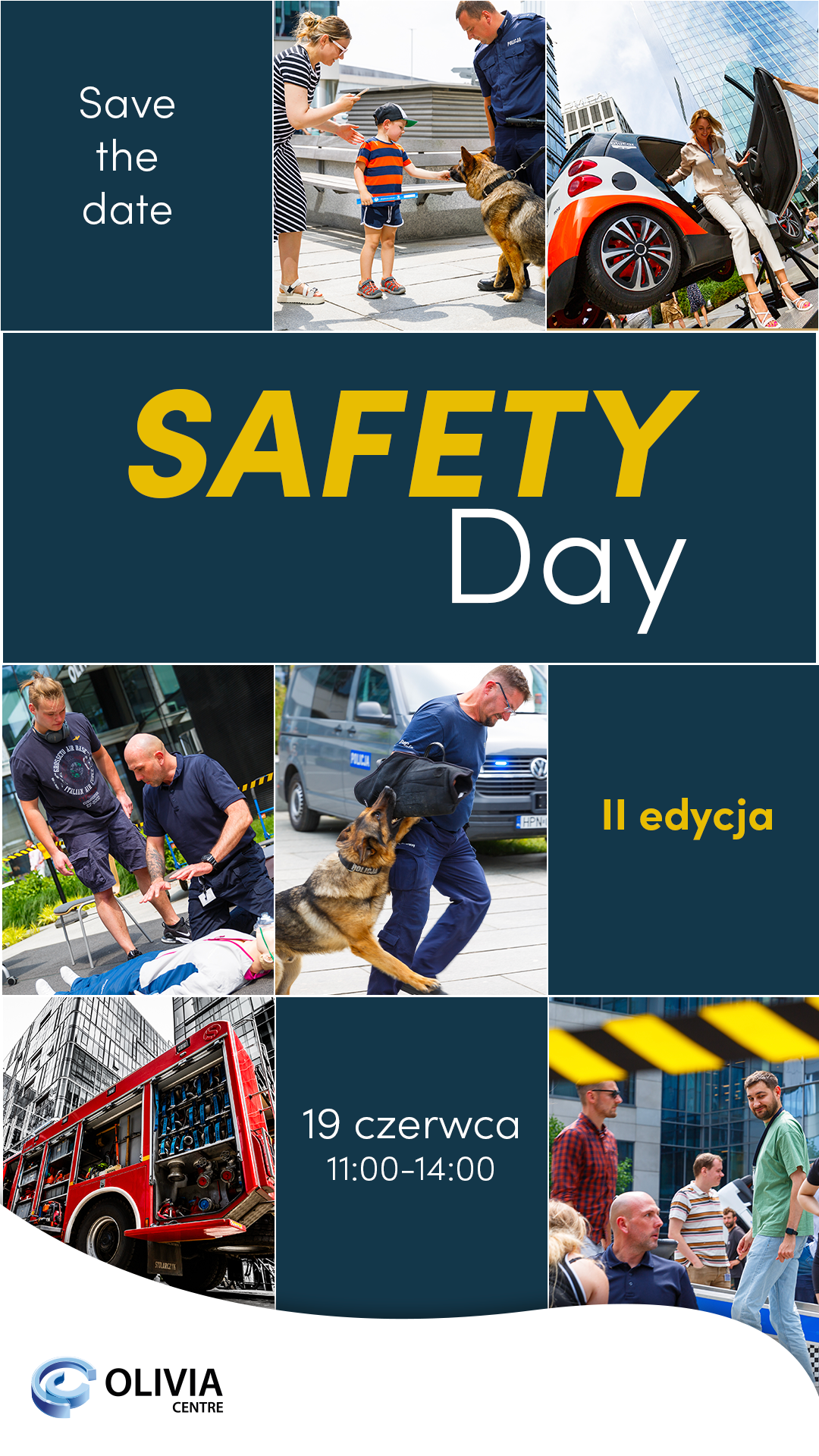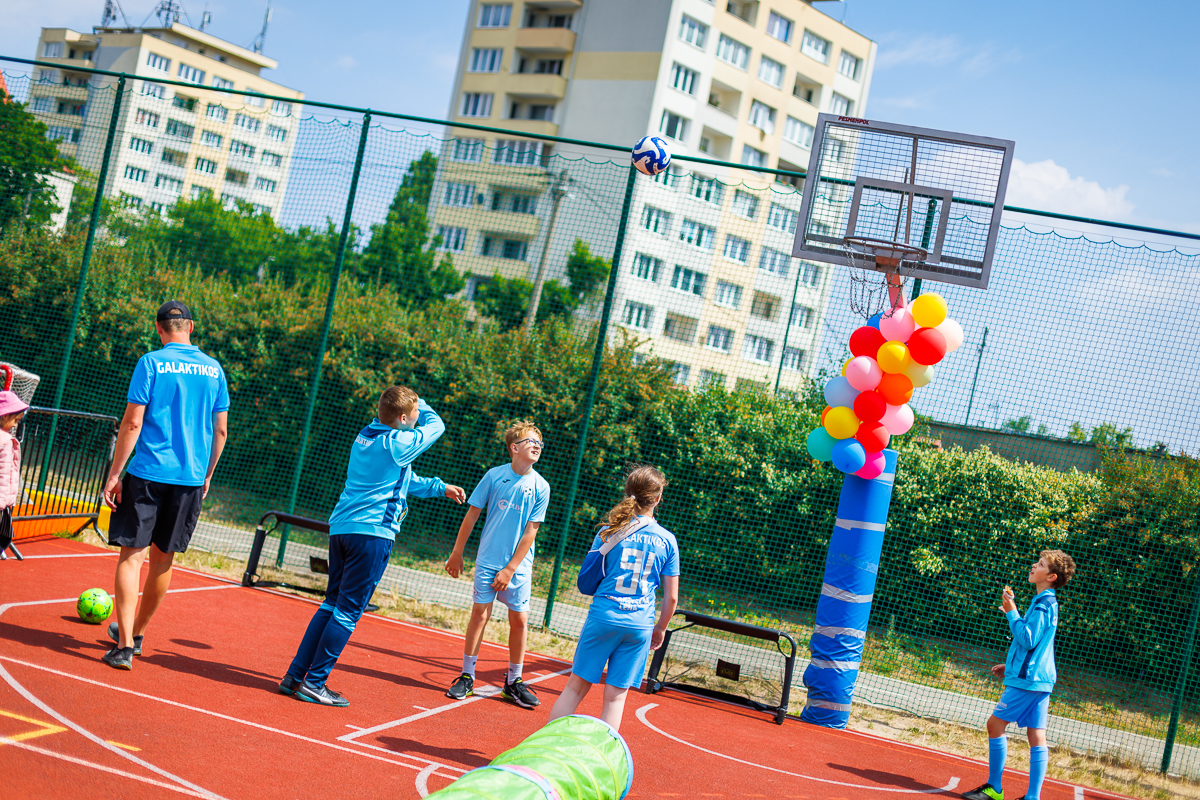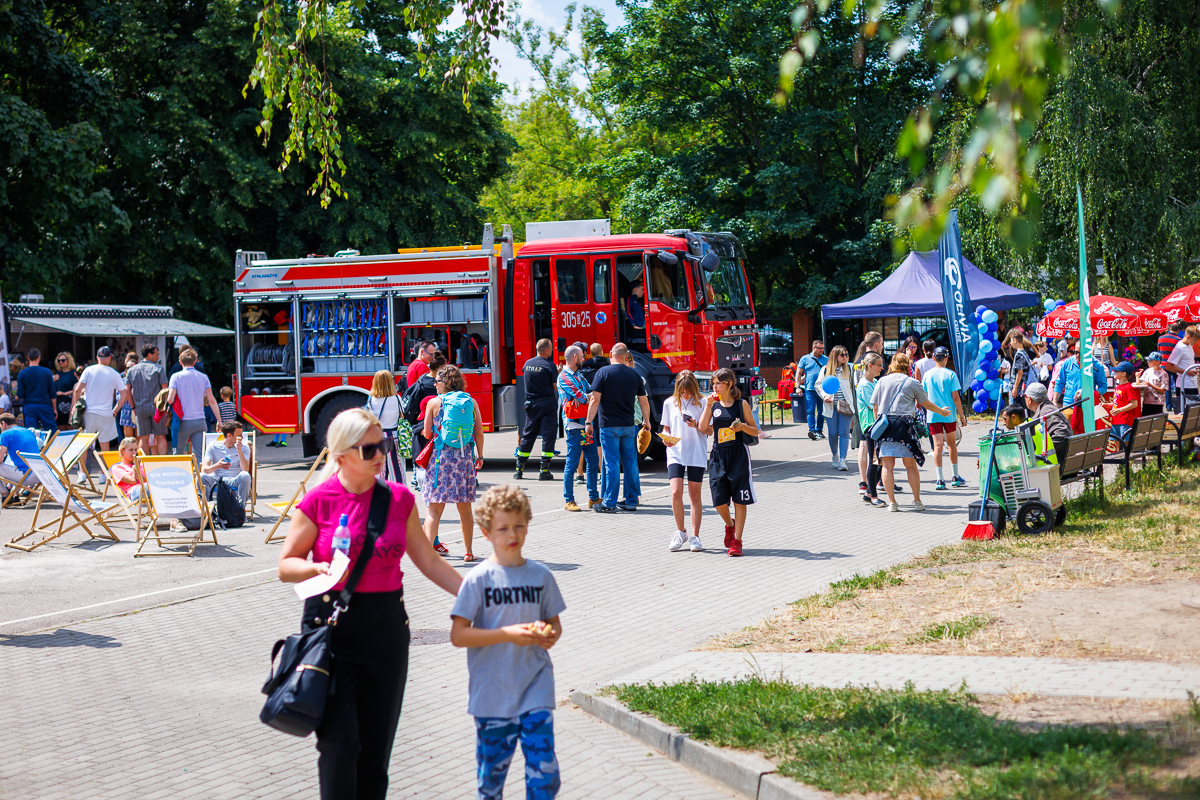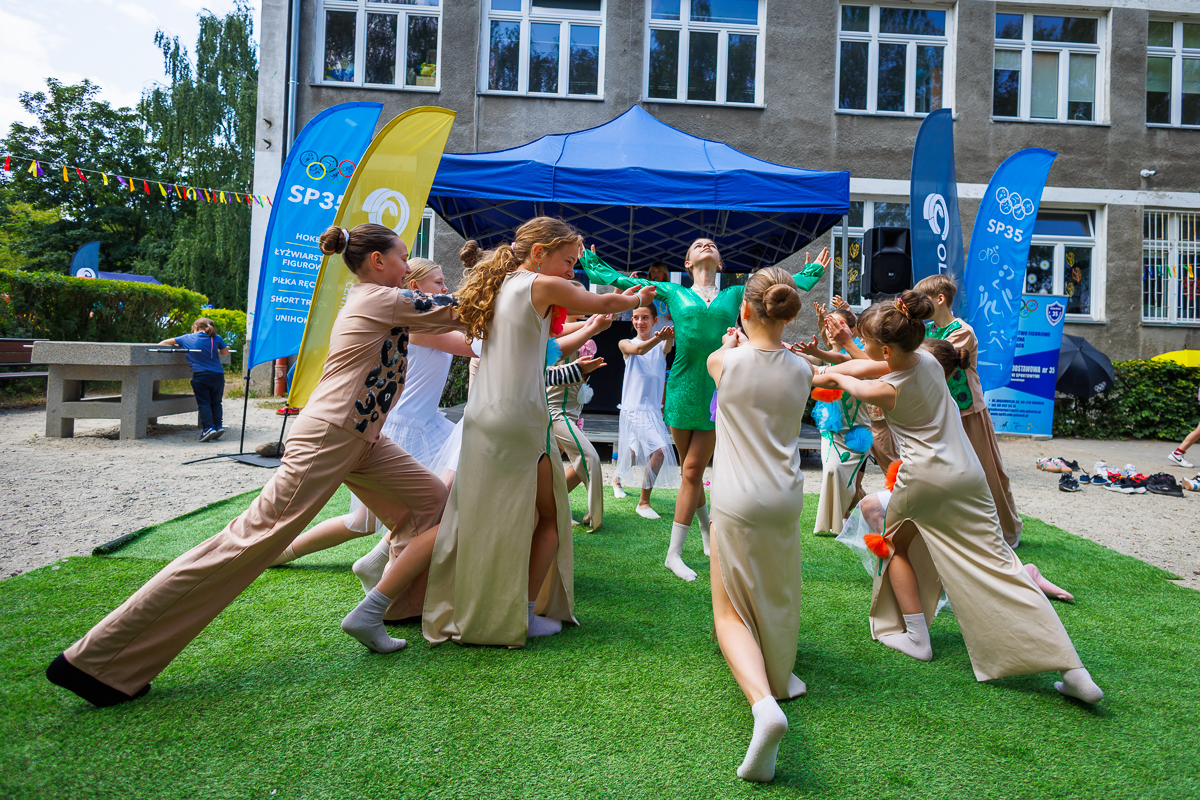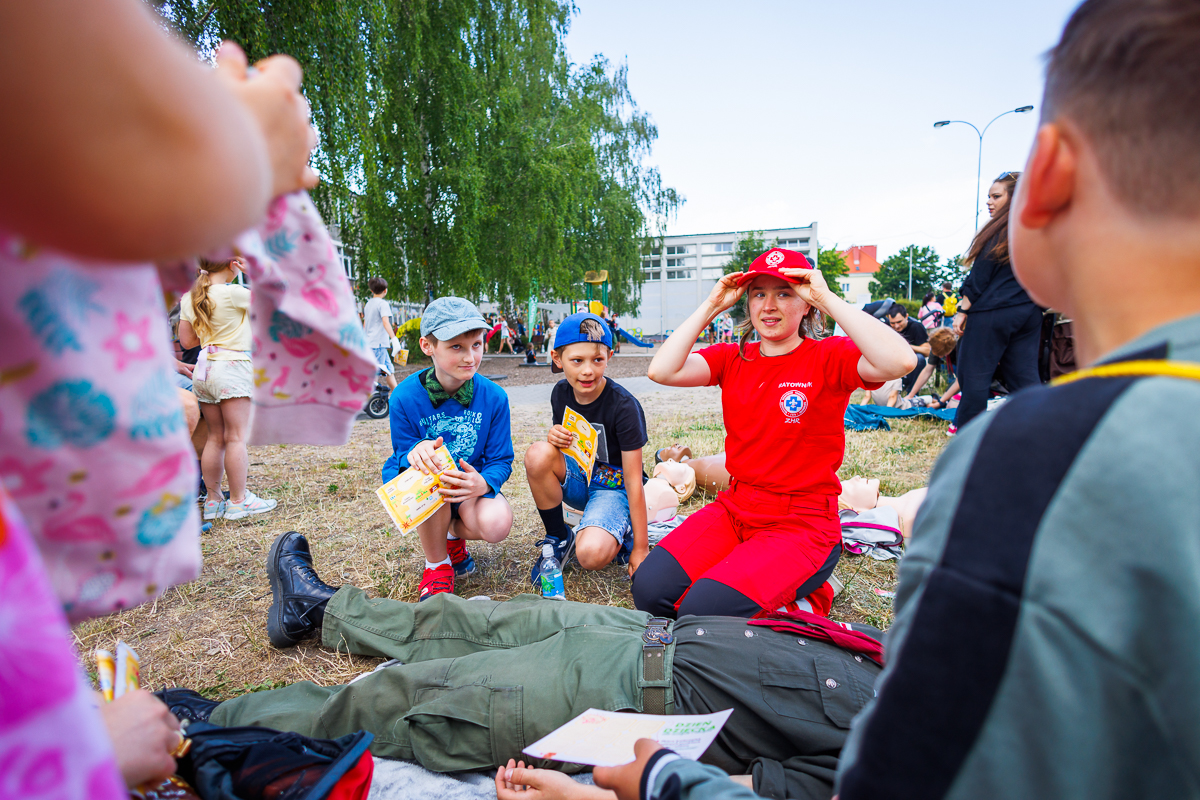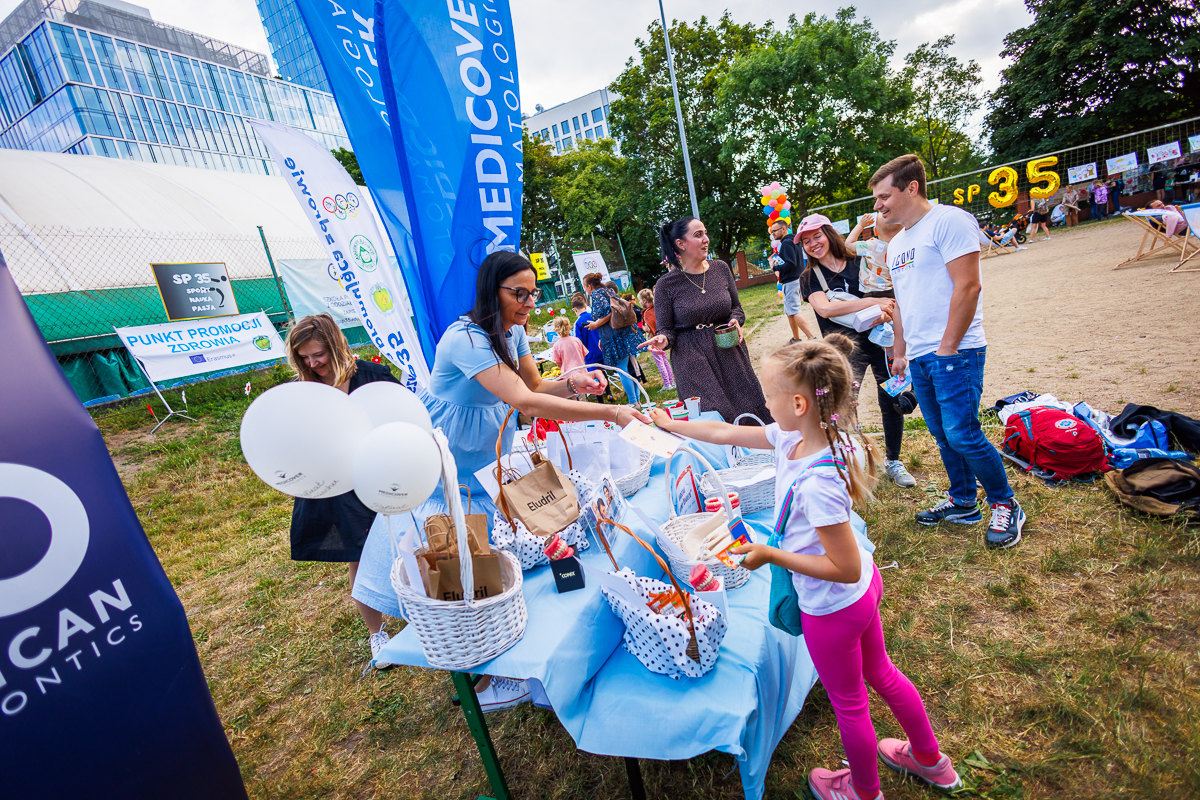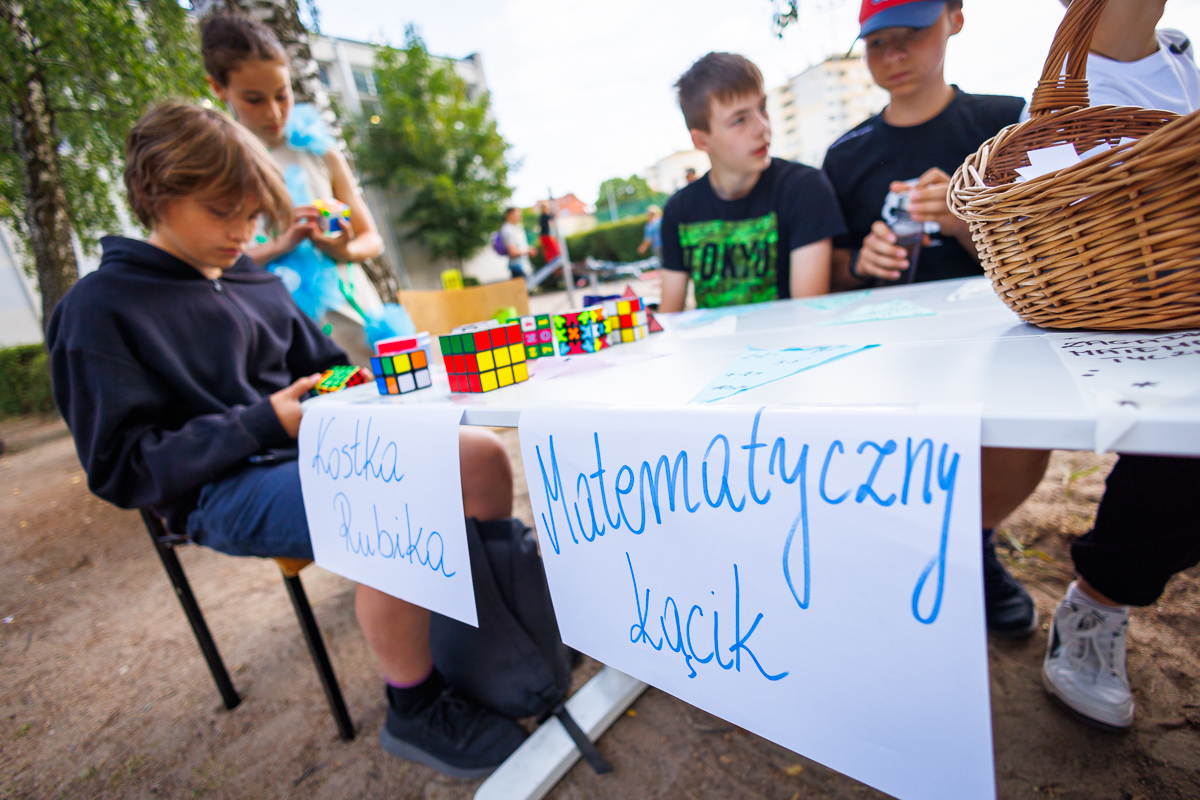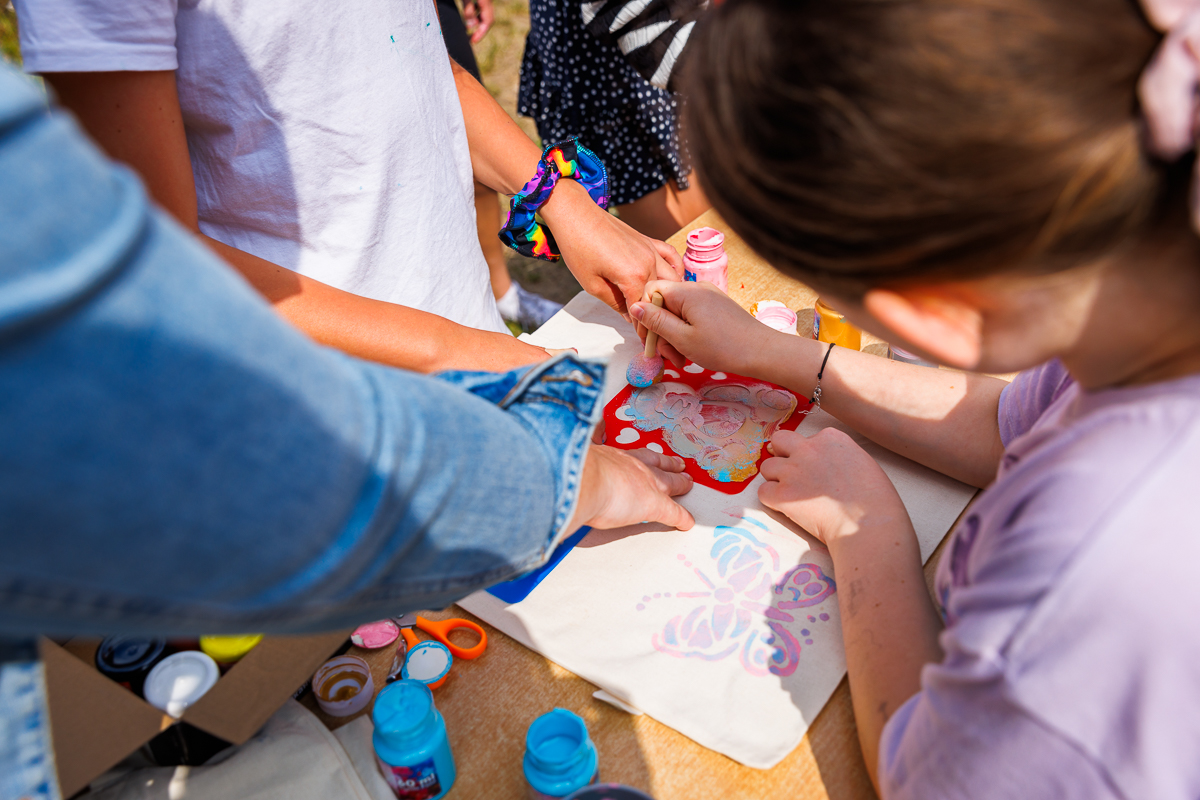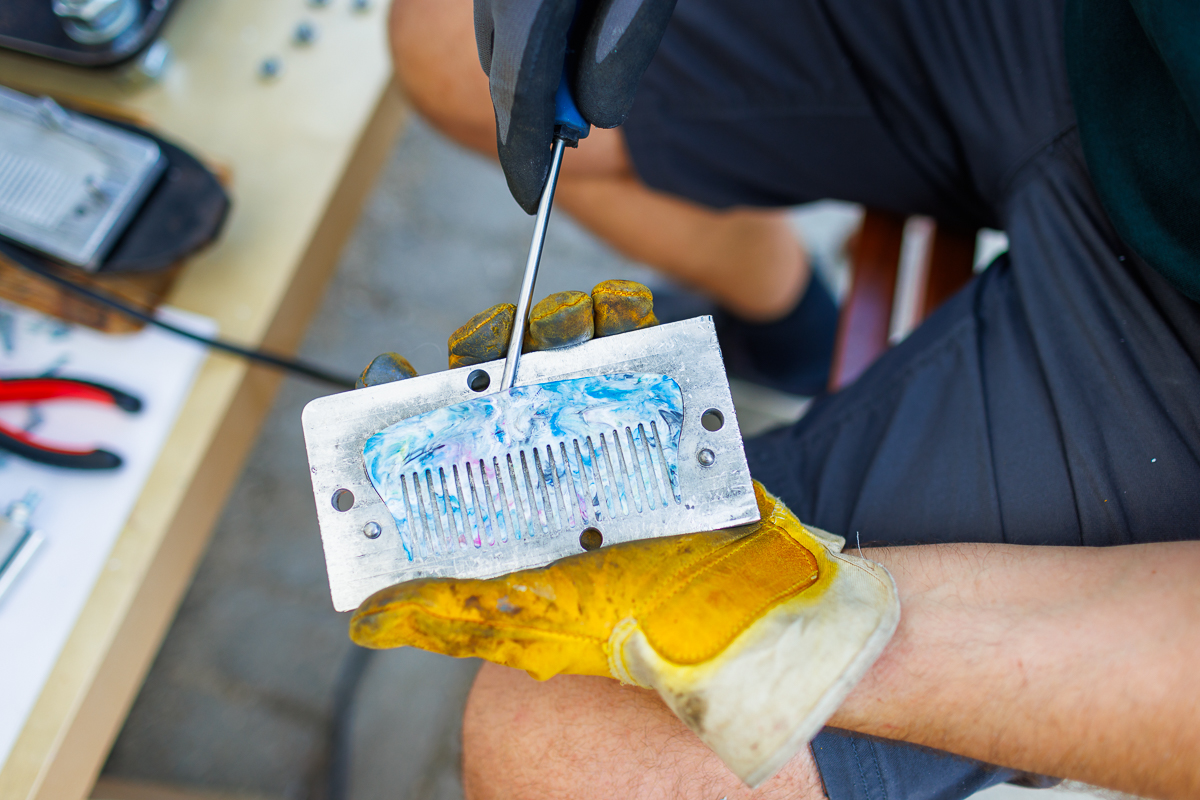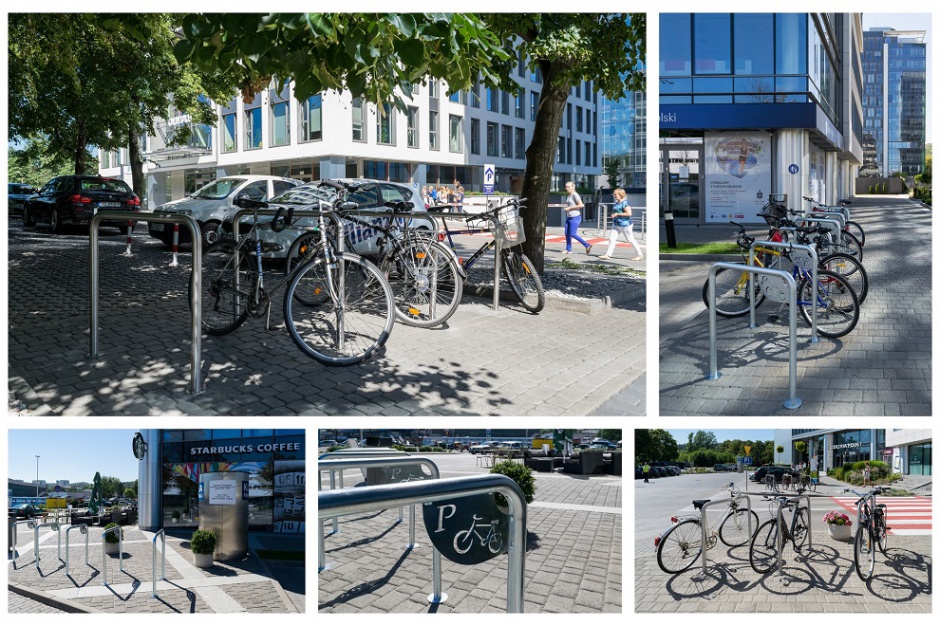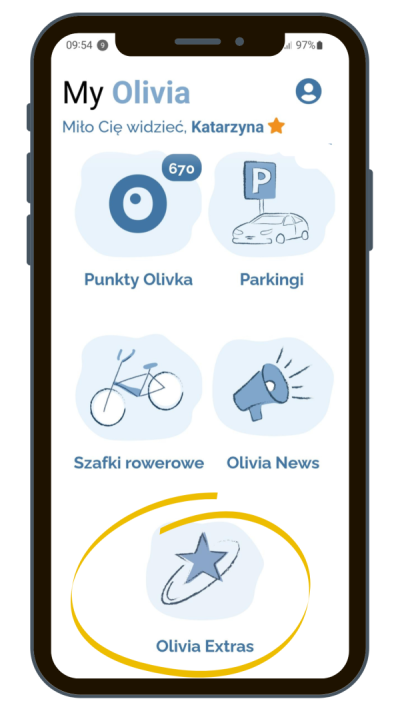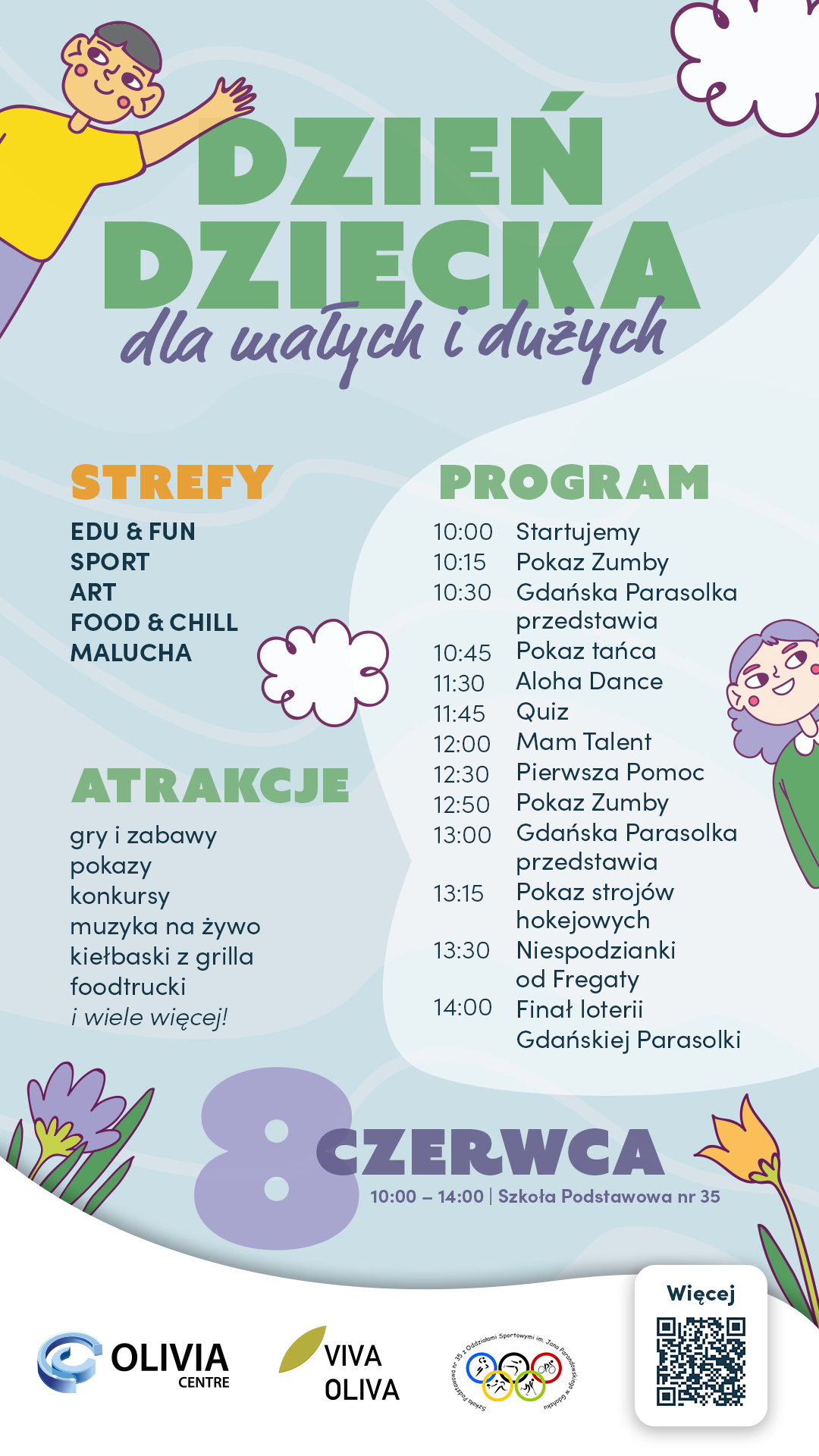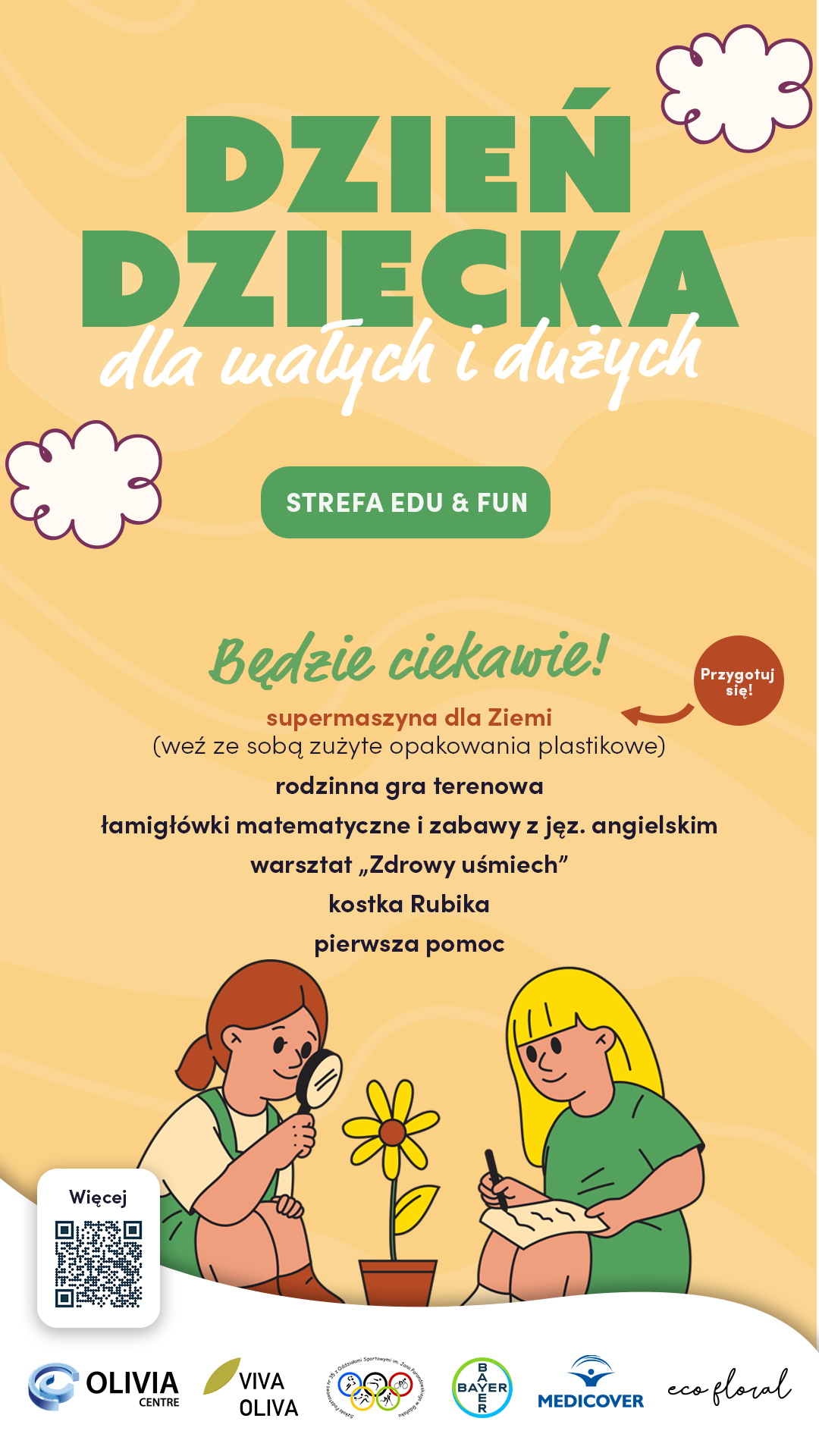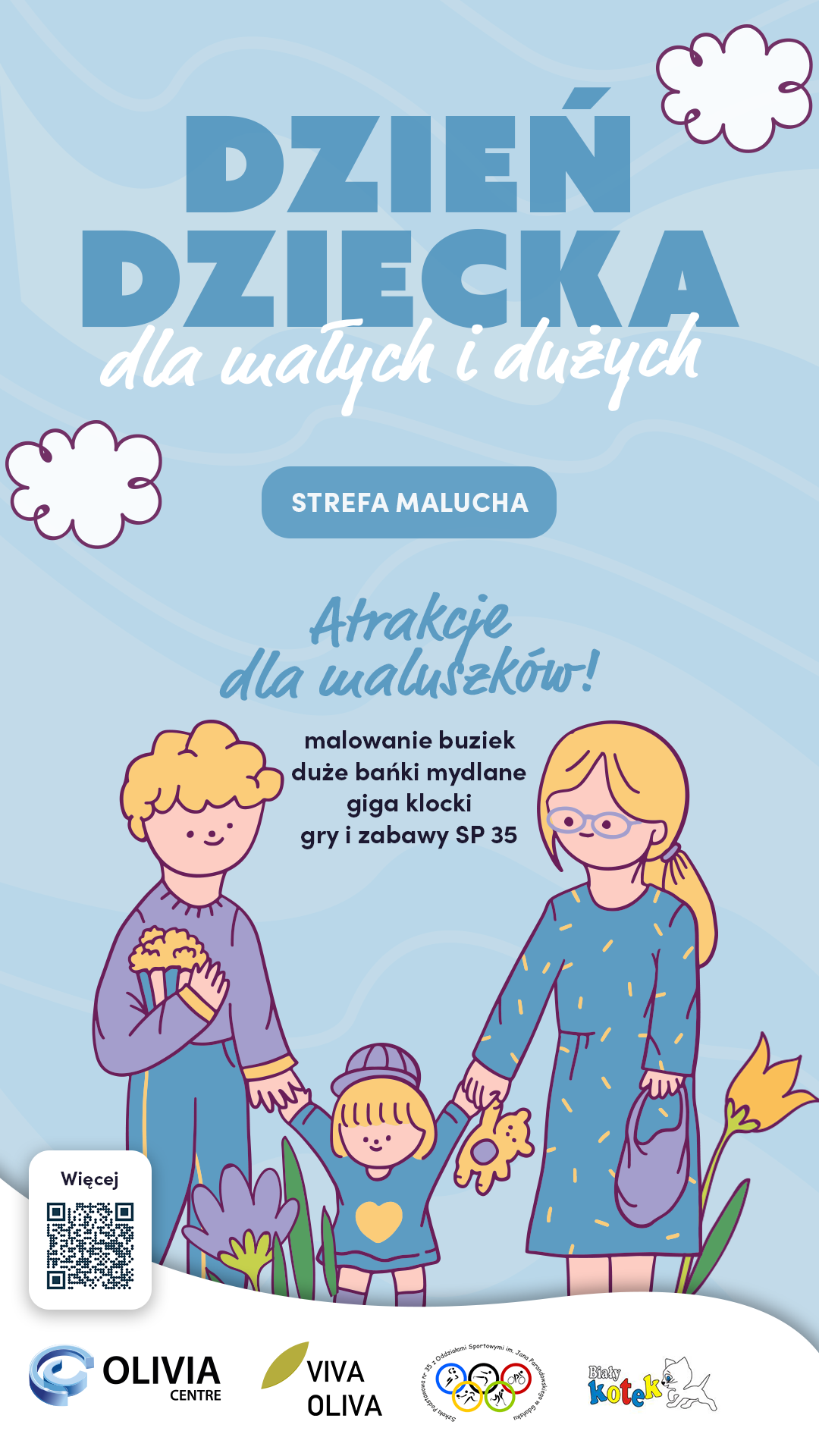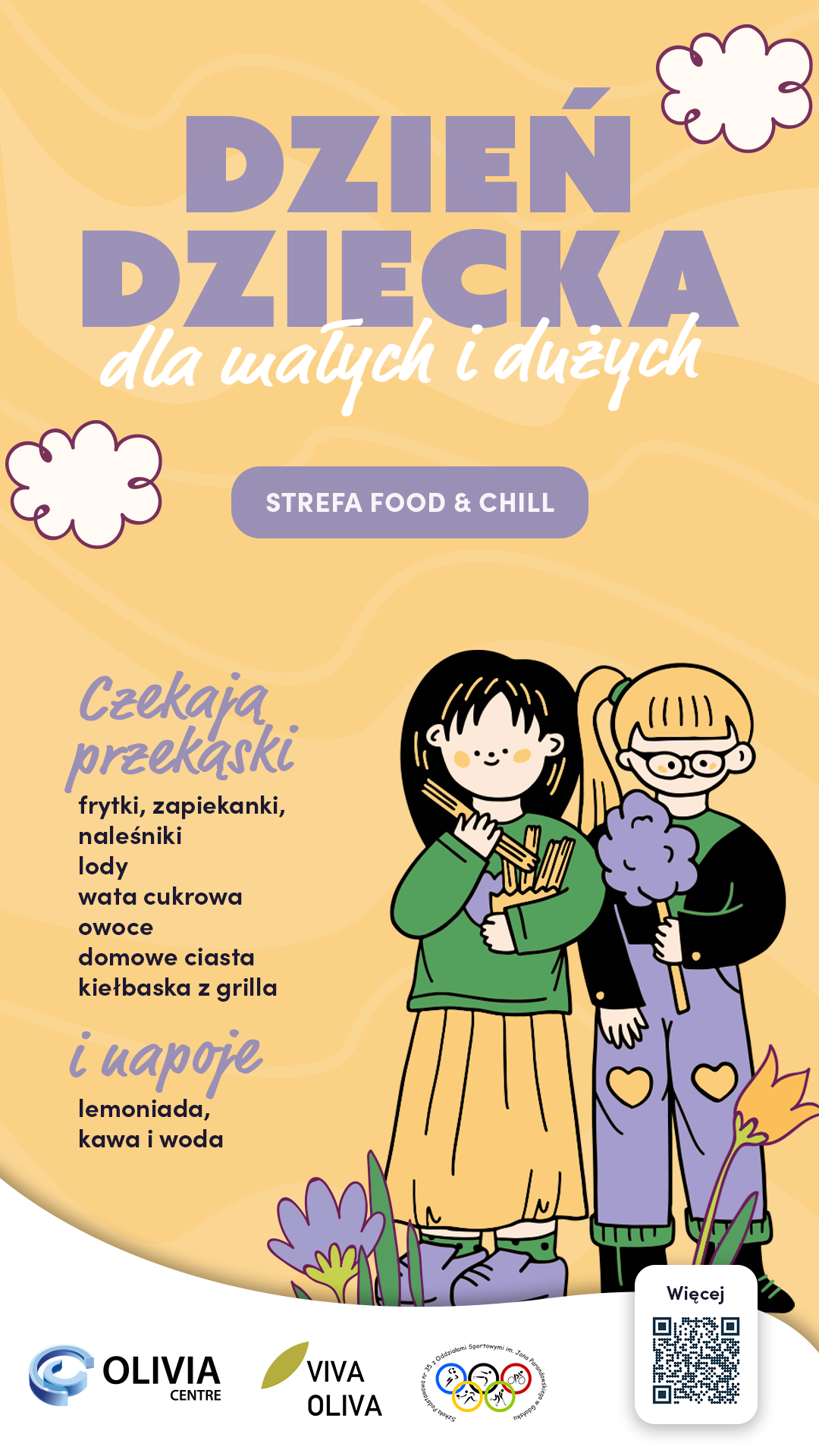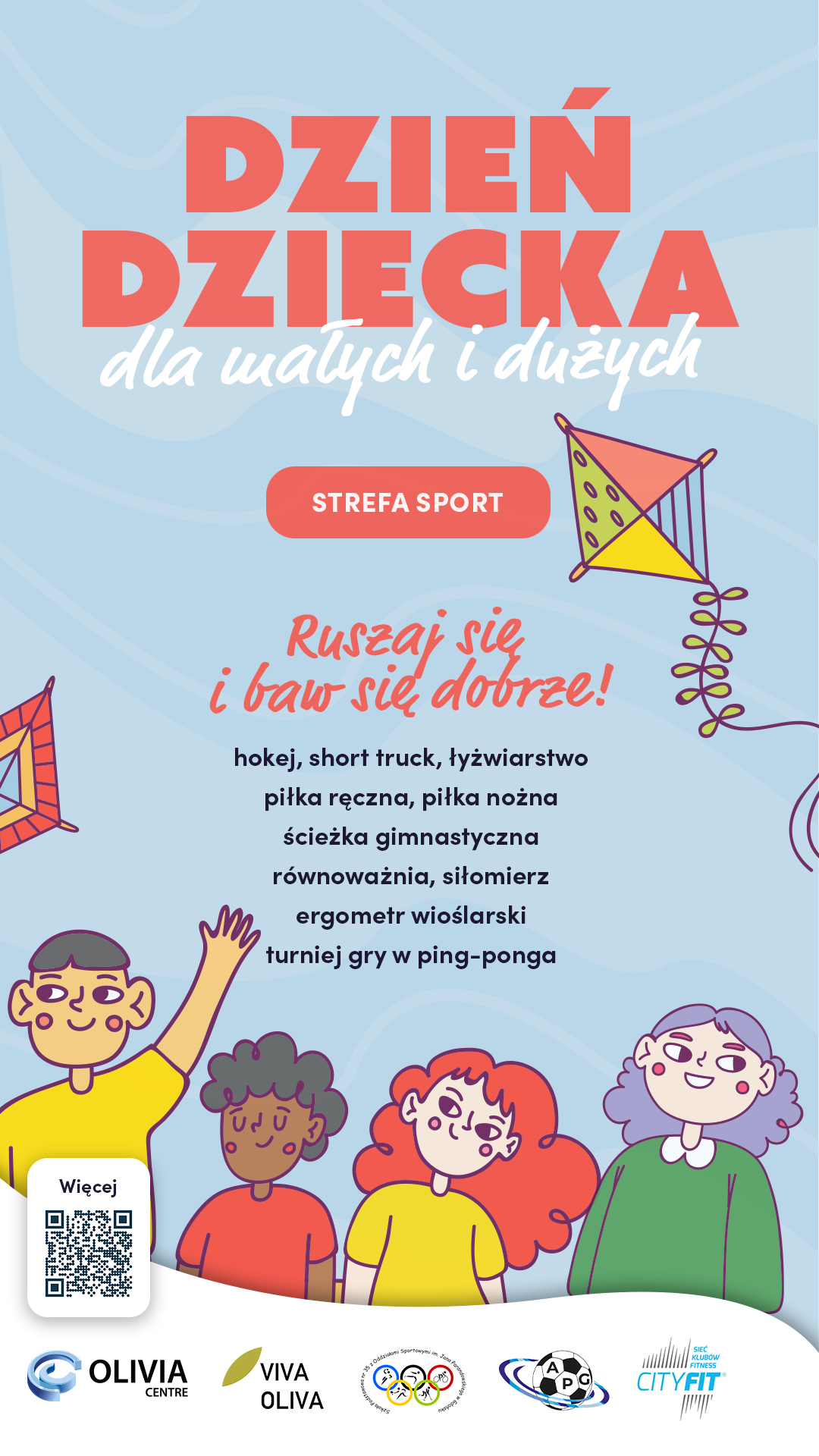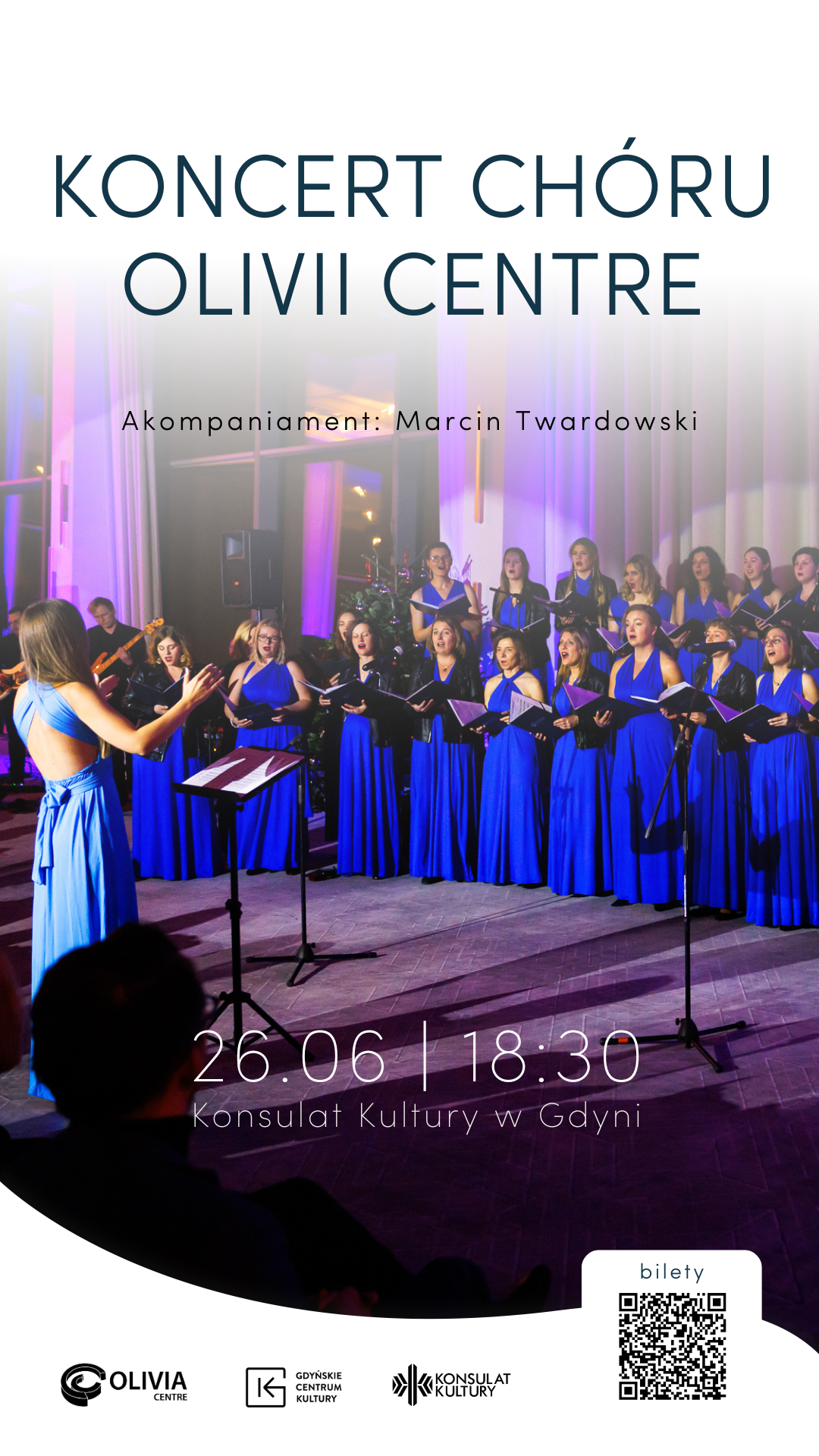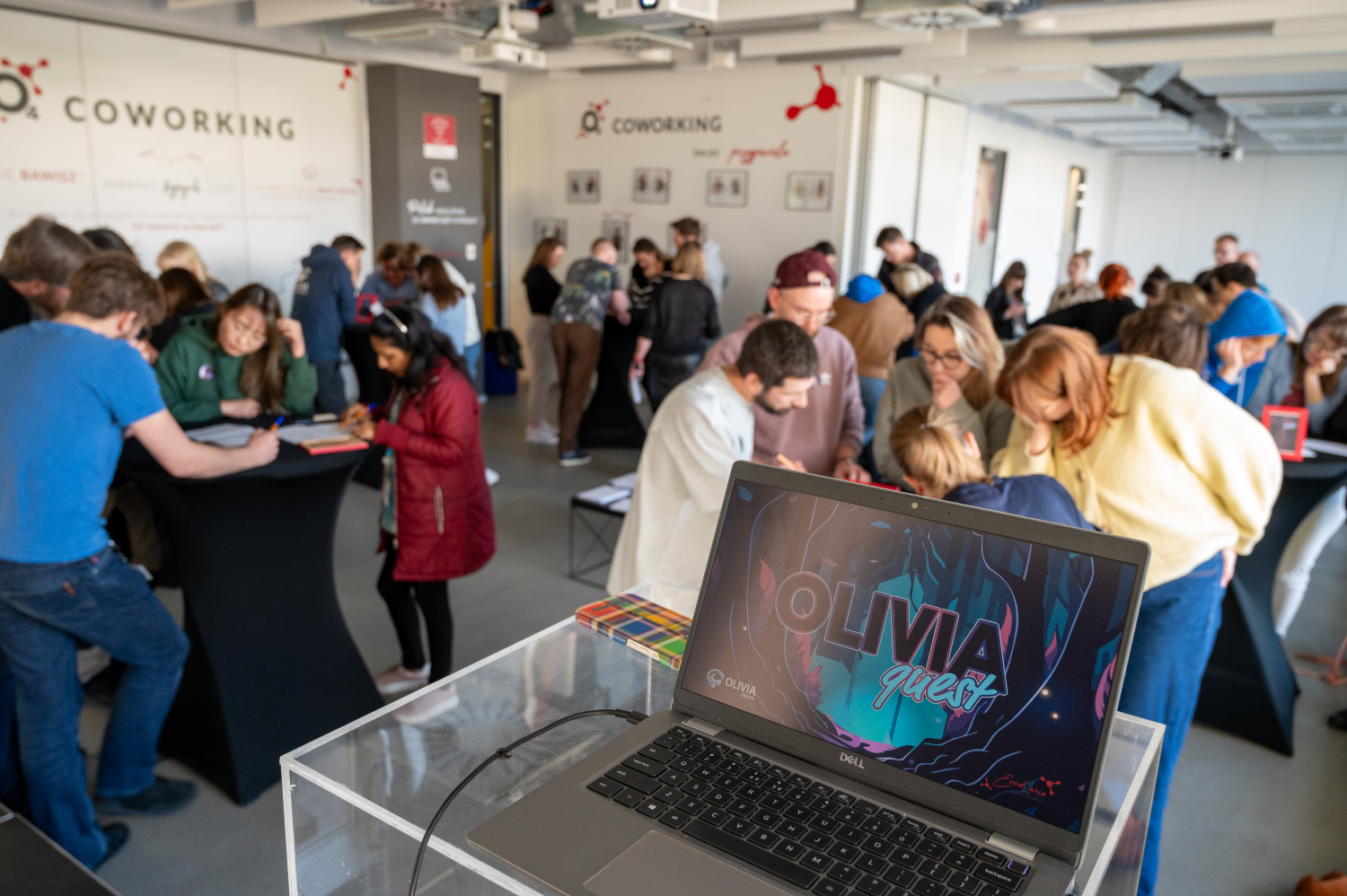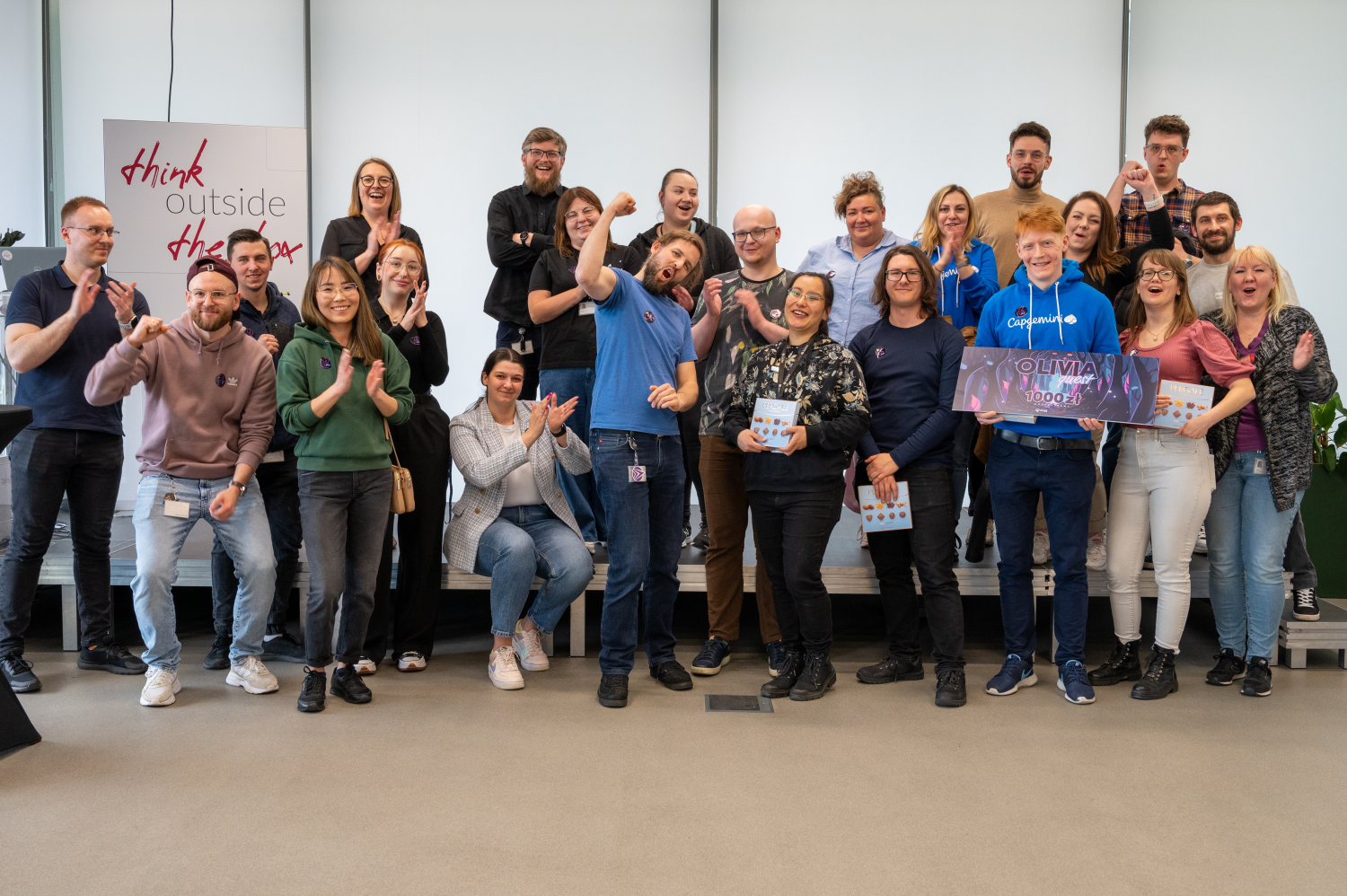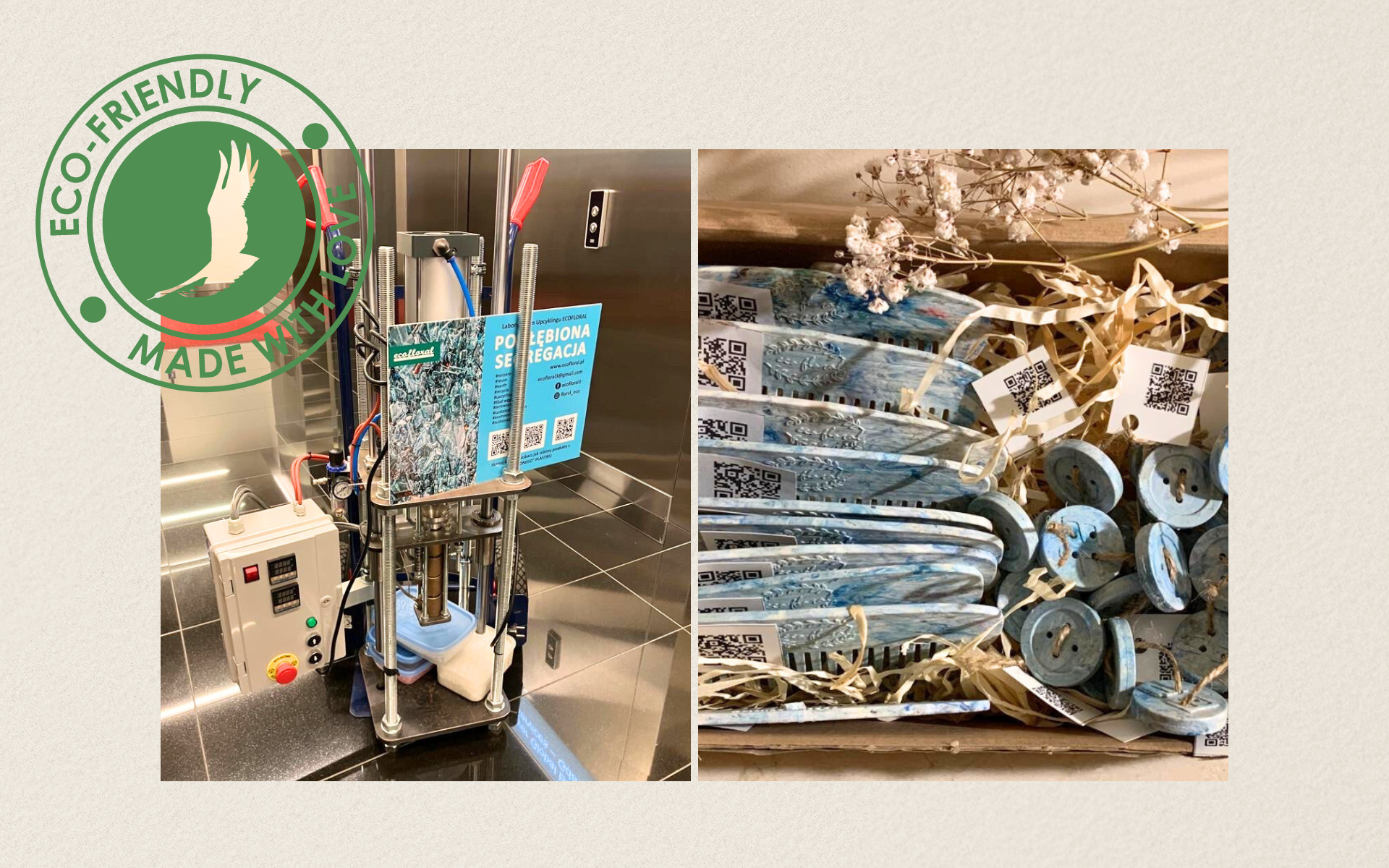The Michelin guide appeared in 1900 and today it is considered the most important culinary guide in the world. The Michelin star, on the other hand, is like an Oscar in the culinary world. For the first time in history, restaurants from Gdańsk have been included in this renowned publishing house! So far, Michelin awards have only been awarded to Warsaw, Poznań and Kraków. This time, it was our restaurants, Treinta Y Tres and Arco by Paco Perez, that enchanted the judges with amazing cuisine!
We are bursting with pride!
Arco by Paco Perez
with a Michelin Star
Treinta y Tres
with Bib Gourmand distinction
For the first time in history, restaurants from Gdańsk have been included in the renowned Michelin guide to the best culinary places in the world!
Both restaurants are located at 33. Olivia Star’s floor. Treinta y Tres serves mainly Spanish cuisine. The menu includes specialties such as colorful tapas, home-baked brioches, squid, octopus and tortillas. Arco is run by one of the most successful chefs in the world, Paco Pérez, who has been awarded 5 prestigious Michelin stars. Guests can choose from both an a’la carte menu and a tasting menu in two variants. Also noteworthy is the Bodega, which is a large “vineyard” of both restaurants. It includes 800 labels and over 3 thousand. bottles, including one unique one from 1940. Graham’s Porto was closed in 28 bottles. A bottle with the number 1 is available in the restaurant’s resources.
Arco by Paco Perez
Treinta Y Tres
About Michelin Stars
For lovers of refined flavors and unforgettable experiences, Michelin-starred restaurants are a must-see on the gastronomic map of the world. And for almost every chef, being included in the Michelin culinary guide is the pinnacle of professional aspirations. The French “gourmet bible” has been an oracle for those looking for the best restaurants in the world for decades. Even one Michelin star is a huge distinction. The award increases the prestige of the restaurant and the reputation of the chef and his team. Also a reason to be proud is the Bib Gourmand badge, the green “eco” clover, the fork and the very fact of being included in the guide.
Michelin stars are awarded in three categories:
- 3 starsand – be sure to see,
- 2 stars – worth visiting,
- 1 star – noteworthy.
Restaurants are rated by anonymous food critics who do not announce their visits. Inspectors verify the quality of dishes, their taste and the way they are served. In this way, they check the skills of the cooks, they also assess the atmosphere of the place, as well as the value for money. Importantly, the stars are awarded only for one year. After this time, the restaurant is verified again. One star is awarded to restaurants that are “very good and noteworthy in their category”. Two stars mean that the place is “worth visiting for the quality of food and service”. Three stars are awarded to those unique establishments that “are worth a special trip”.
Michelin Guide UK
5 criteria for judging a Michelin inspector’s restaurant:
- product quality,
- mastering the taste and cooking techniques,
- the chef’s personality represented in the culinary experience,
- the value of experience in terms of quality and price,
- consistency between inspectors’ visits.
About Bib Gourmand
The Michelin world does not end with stars. Since 1997, the guide has also awarded “good quality, good value cooking” restaurants. This means no more and no less good value for money. The restaurants that Michelin judges say best meet the criterion of high quality at an affordable price are now awarded the Bib Gourmand award.
Cutlery and clovers
Michelin also awards cutlery and clovers.
- Cutlery is awarded to the climatic décor of the restaurant, the quality of service and amenities for customers or the atmosphere in the premises, the restaurant can receive a maximum of five cutlery.
- The cloverleaf – the latest award used since 2020 – is awarded to restaurants that prepare dishes in a sustainable way, the award aims to promote the conscious use of natural resources.
Origin:


